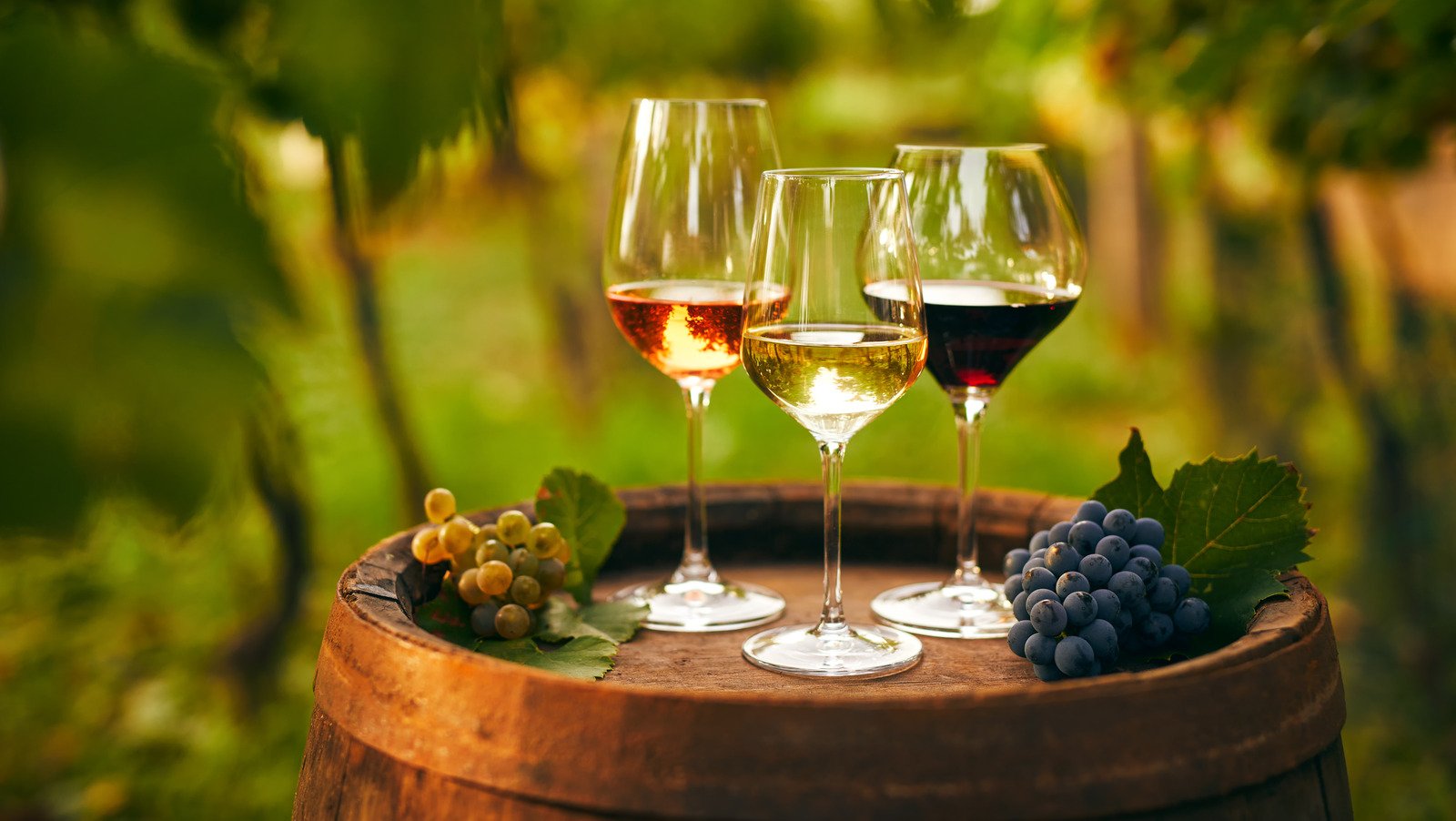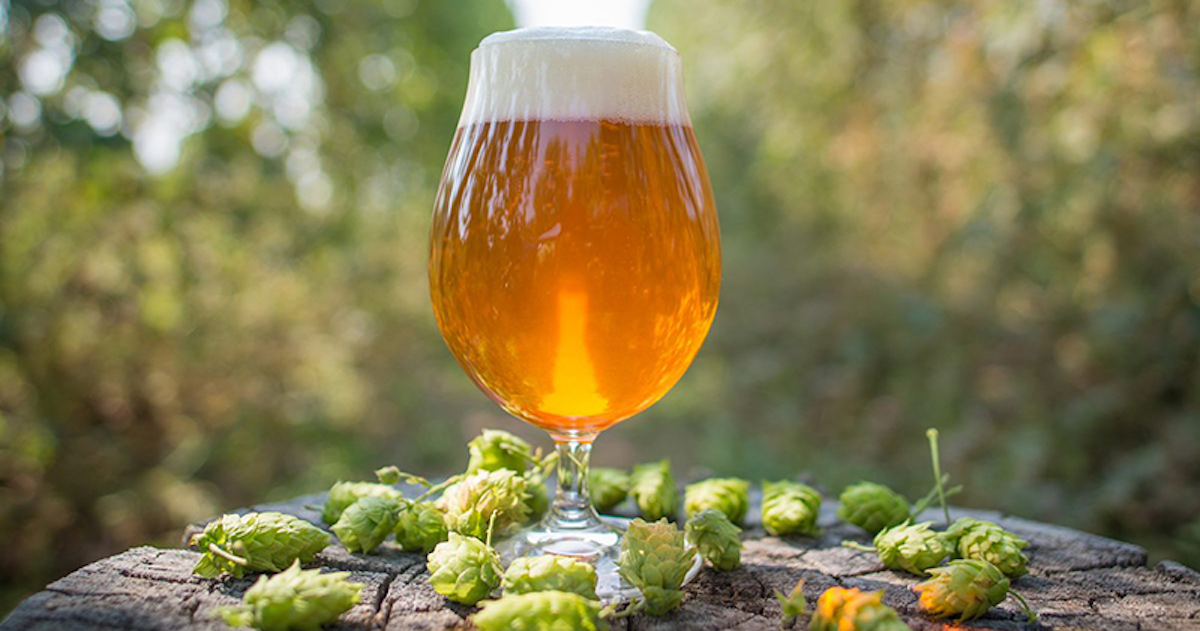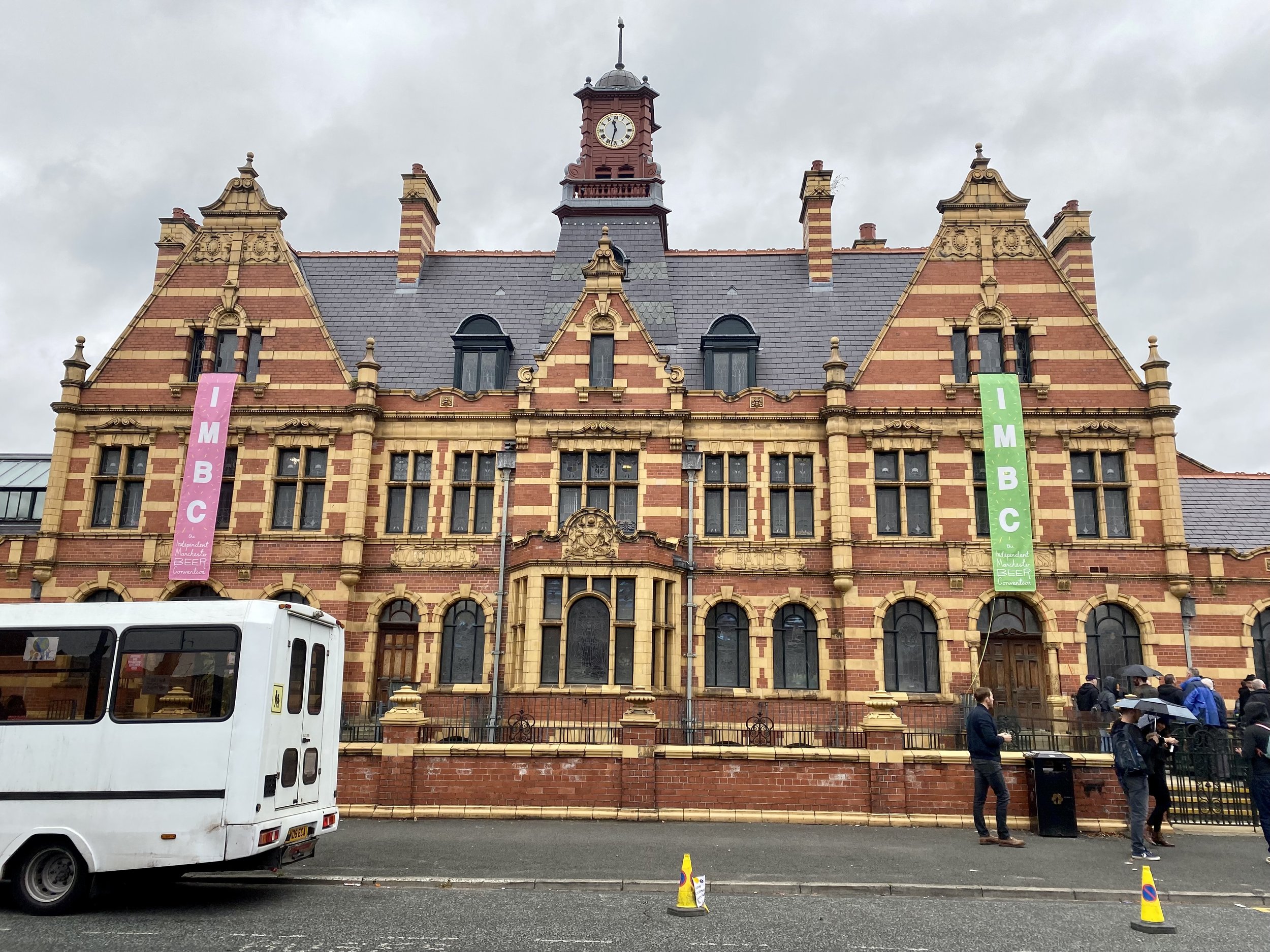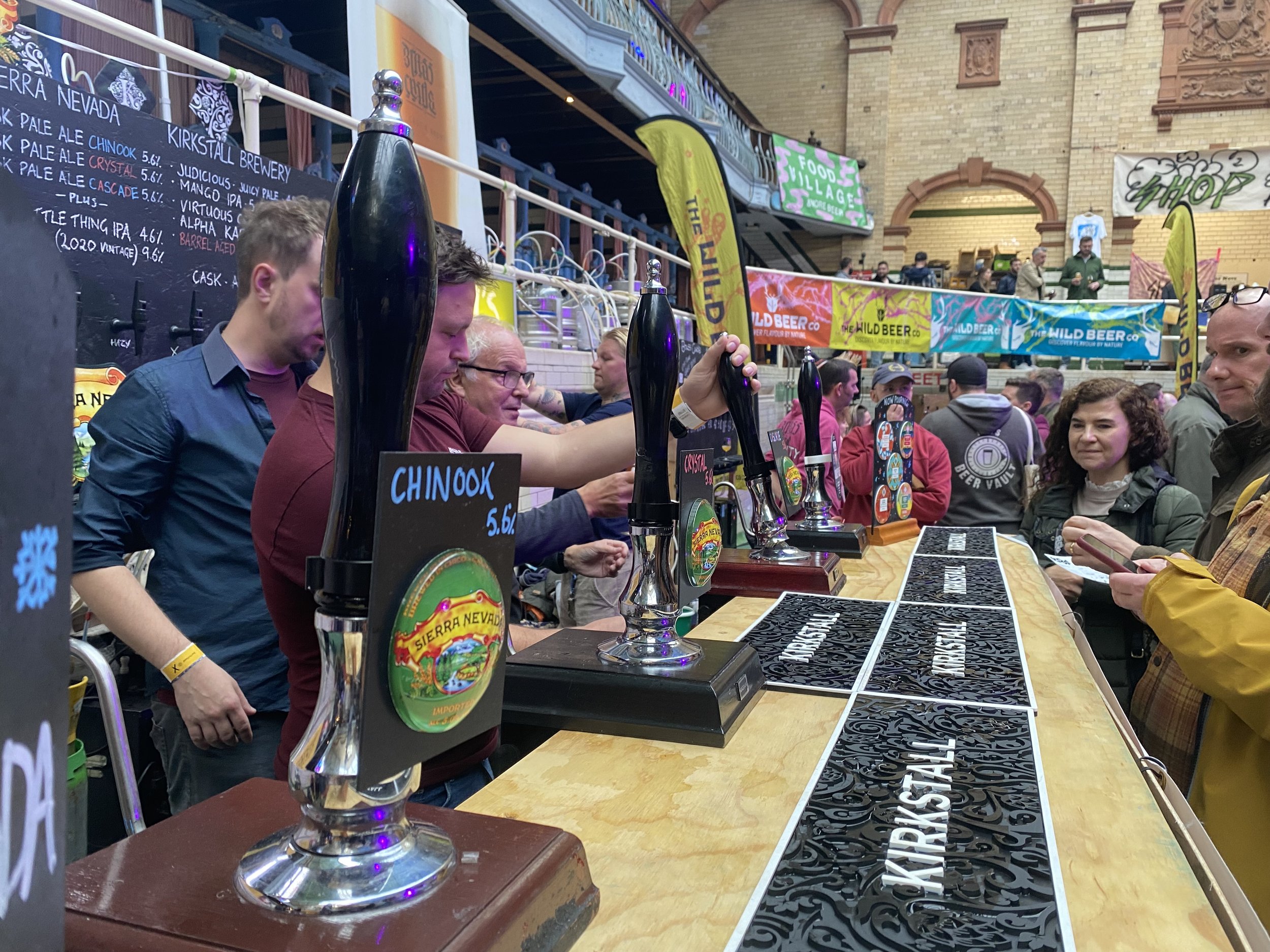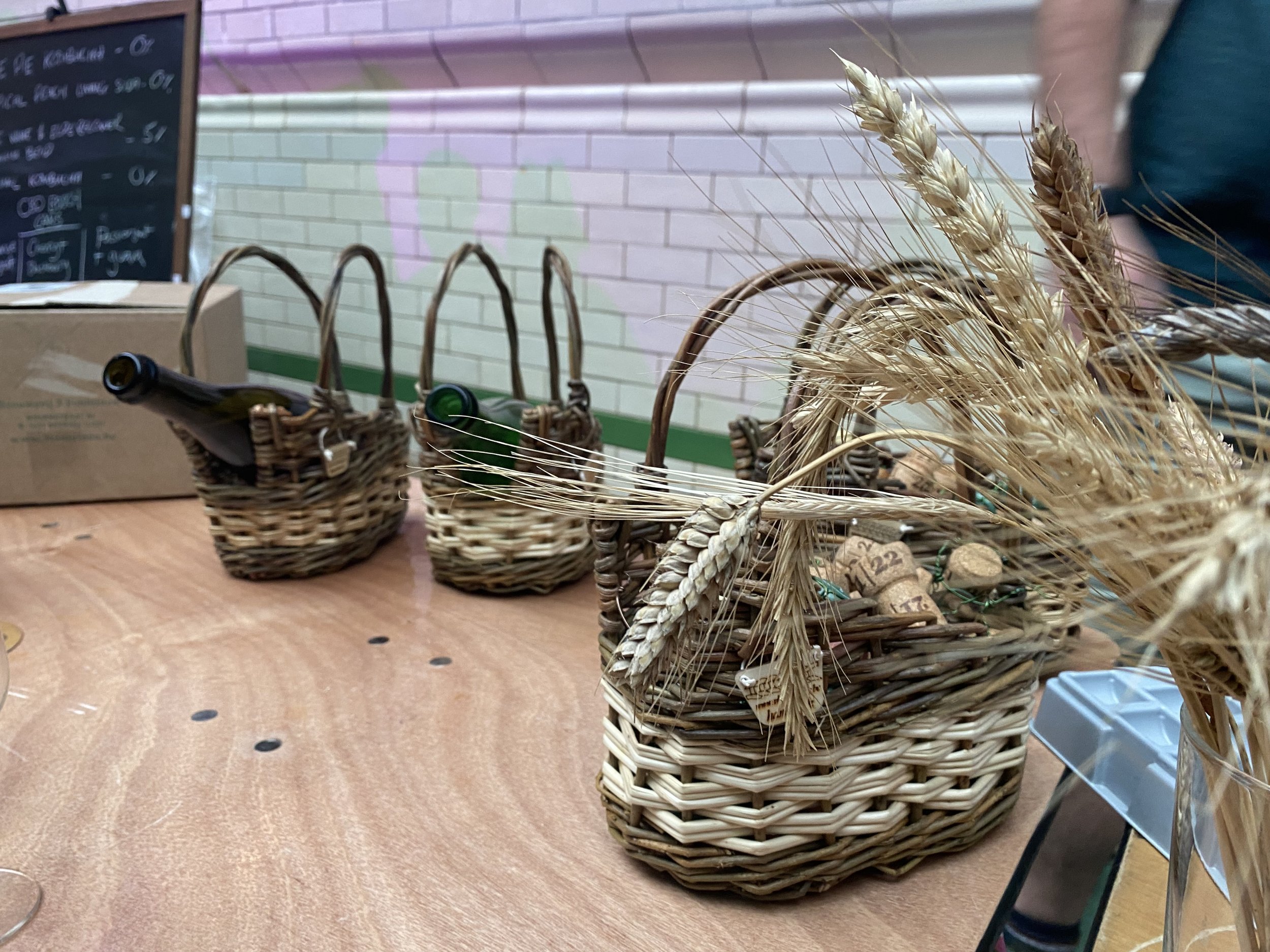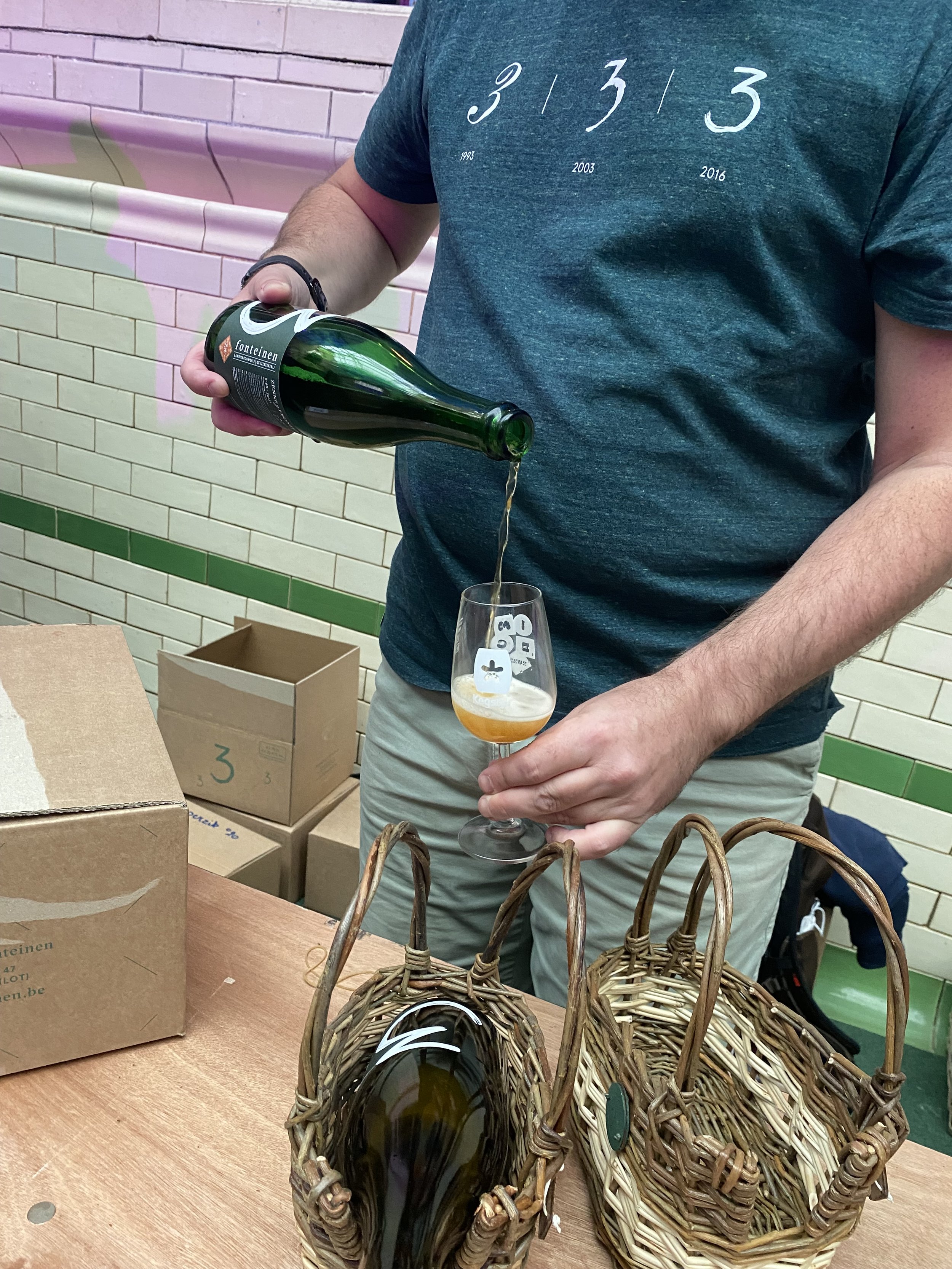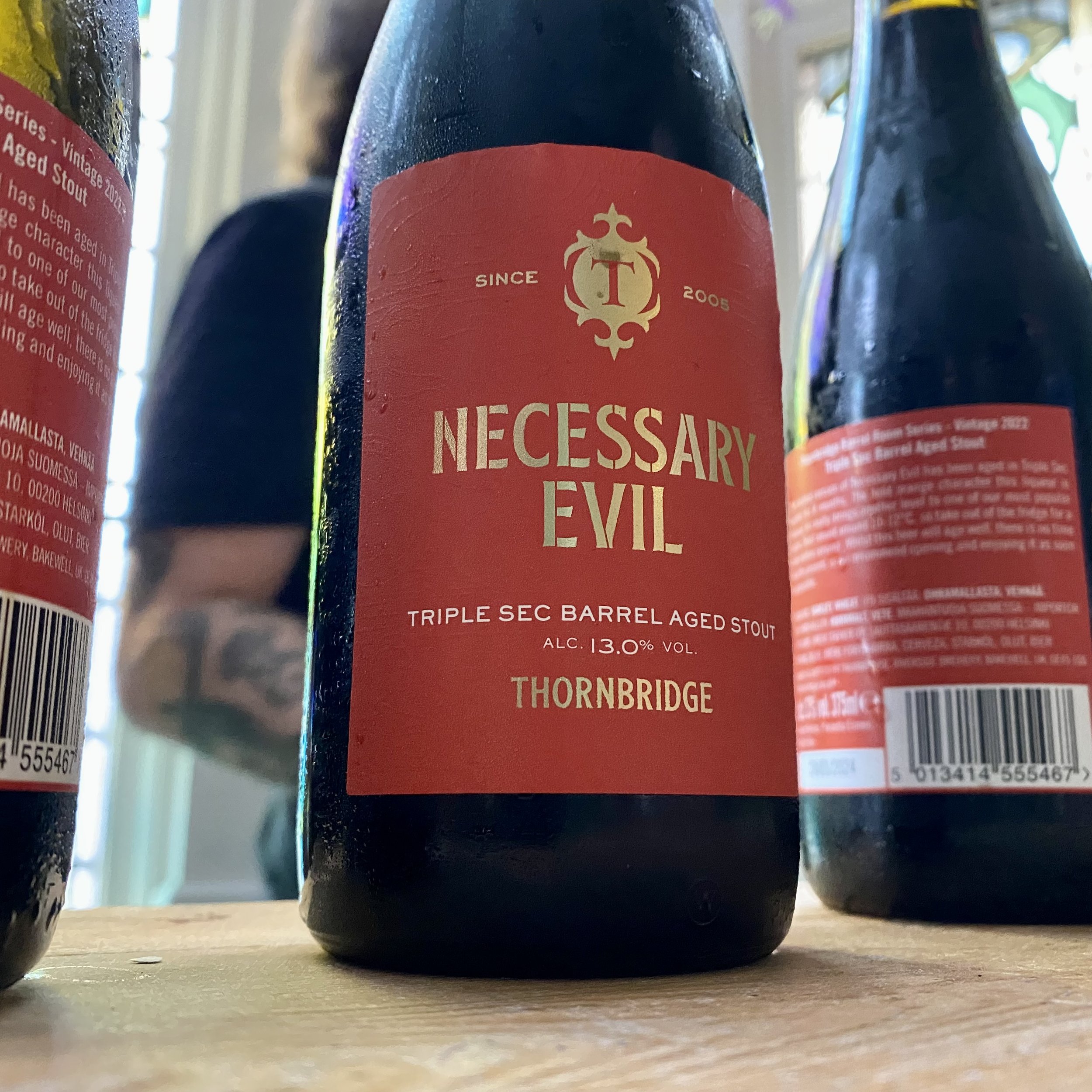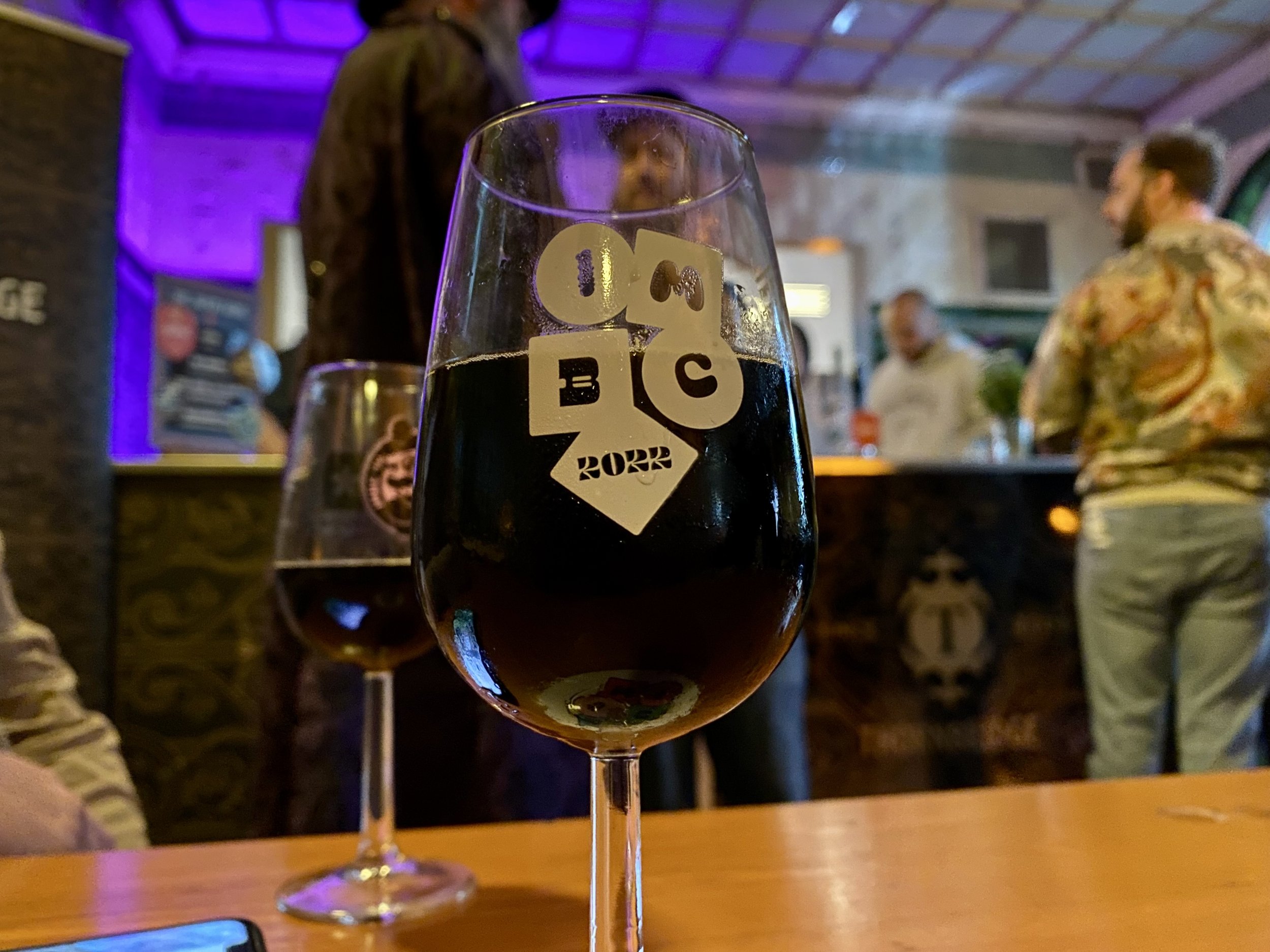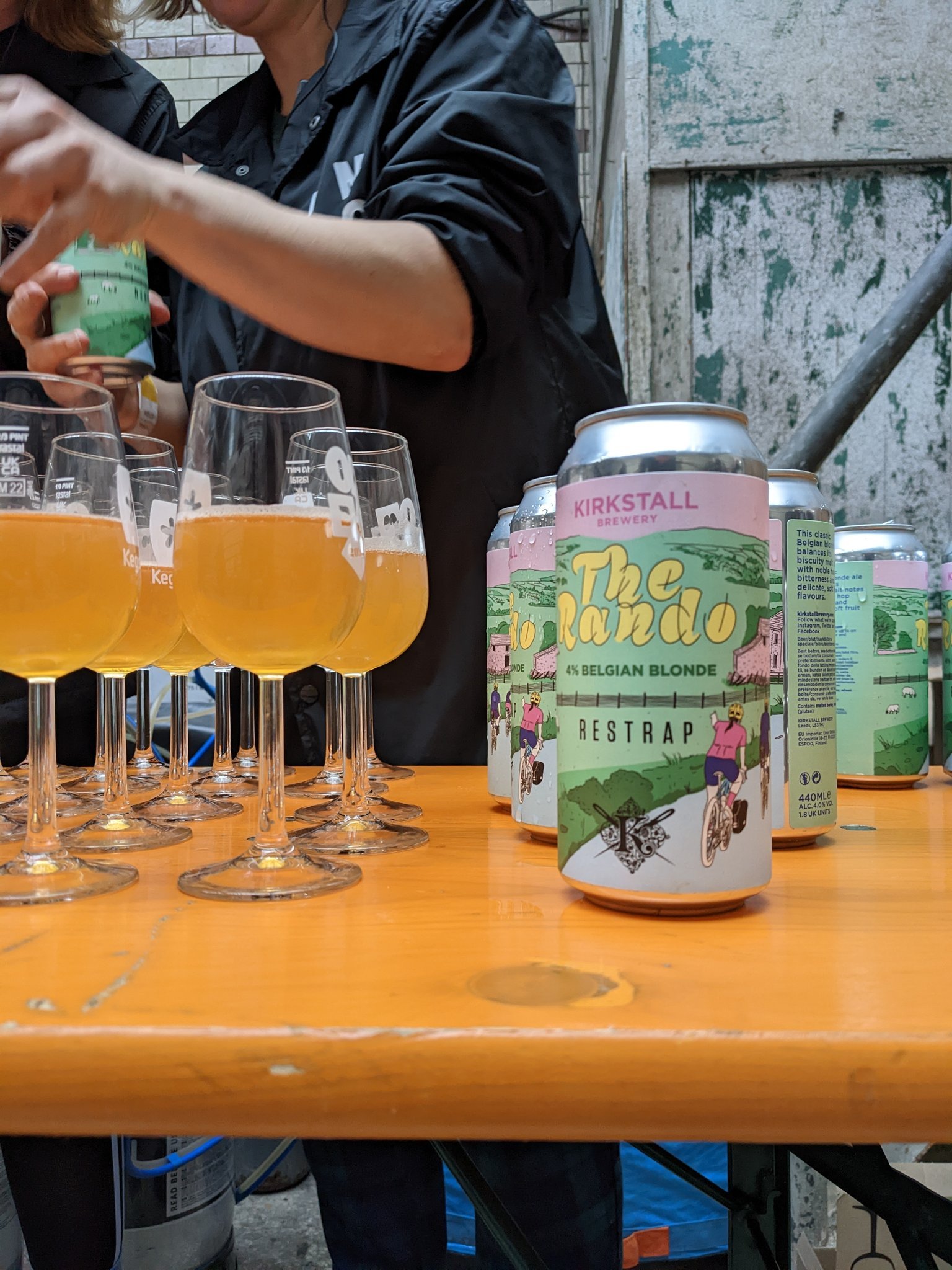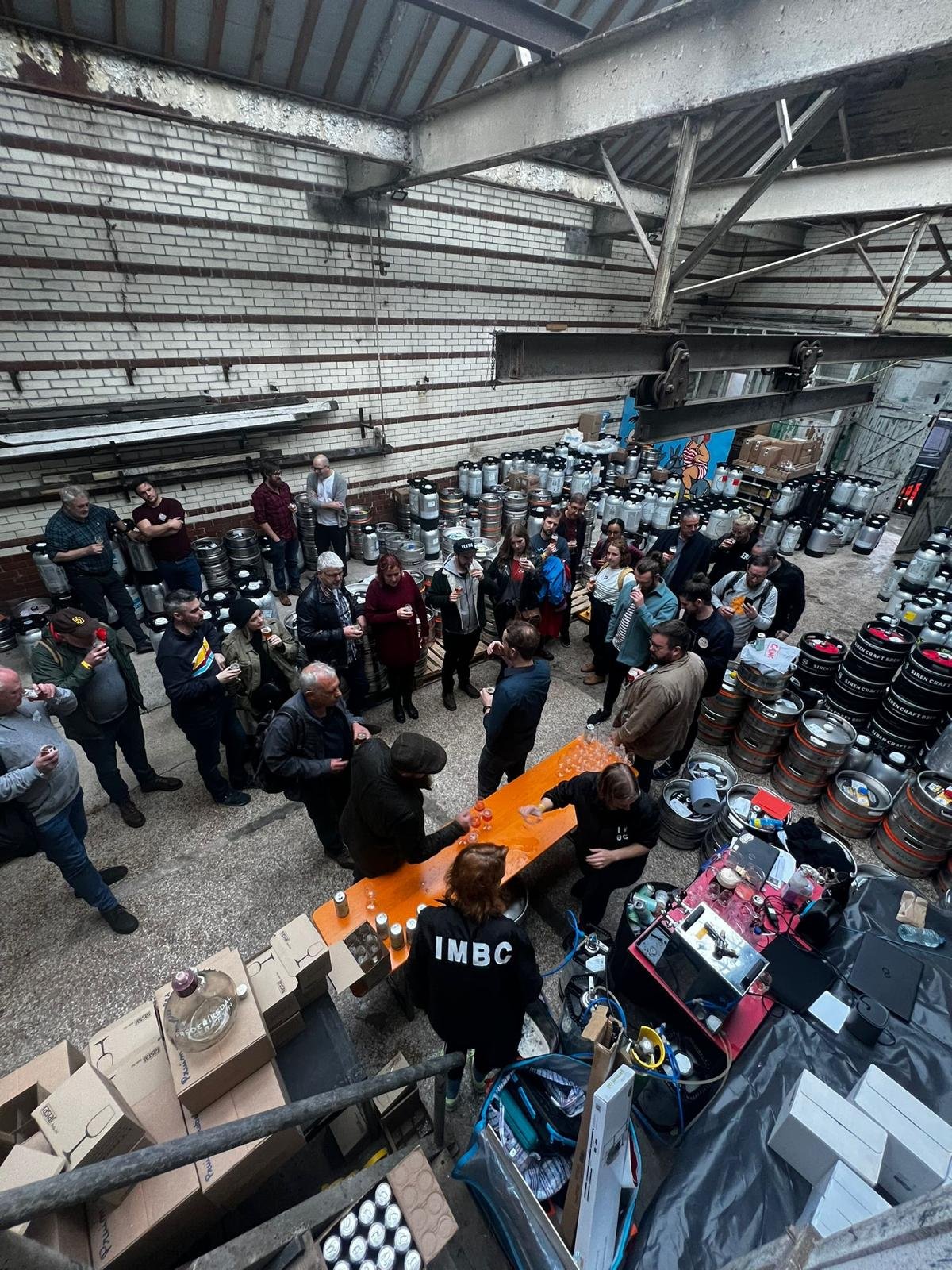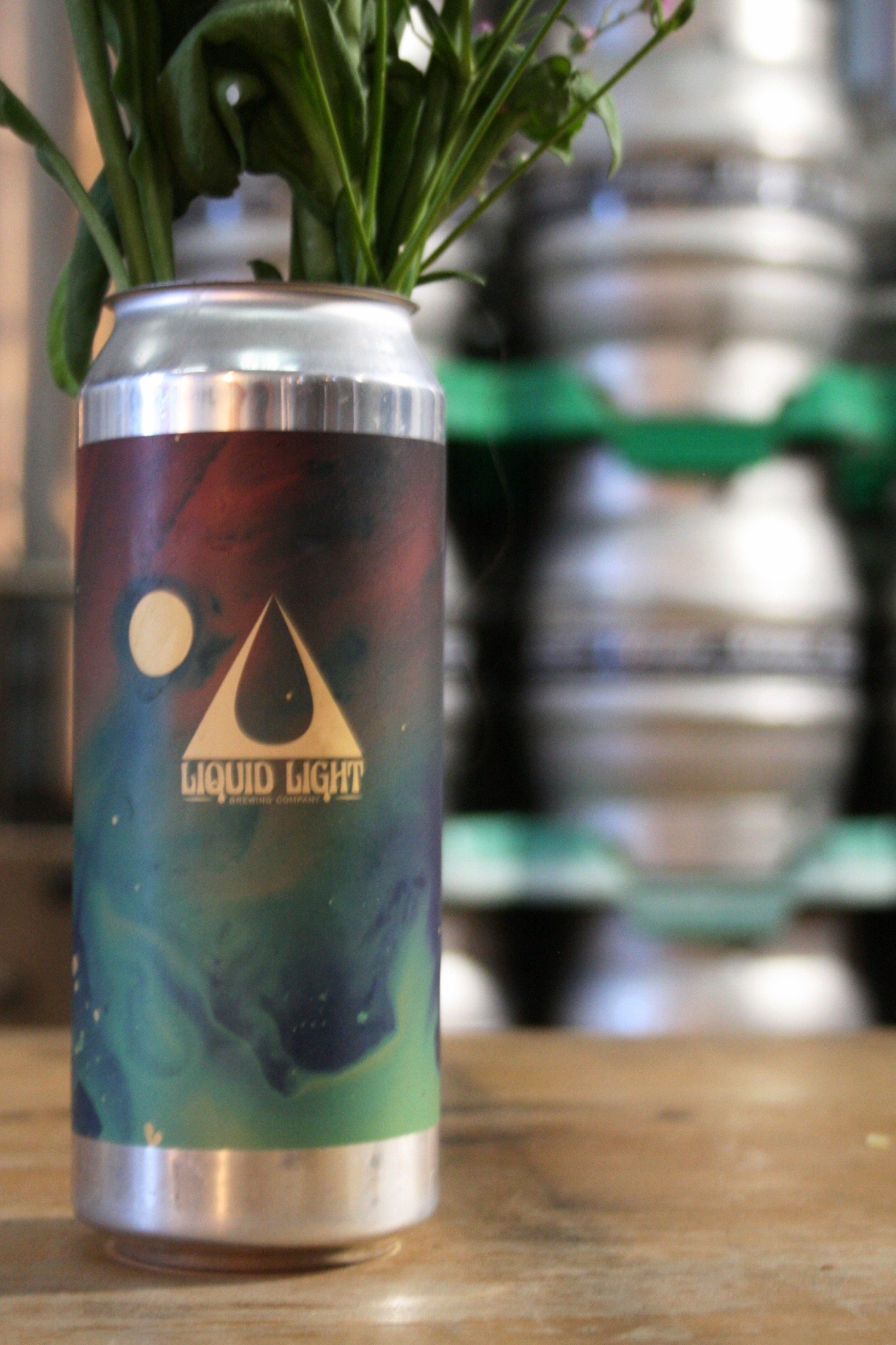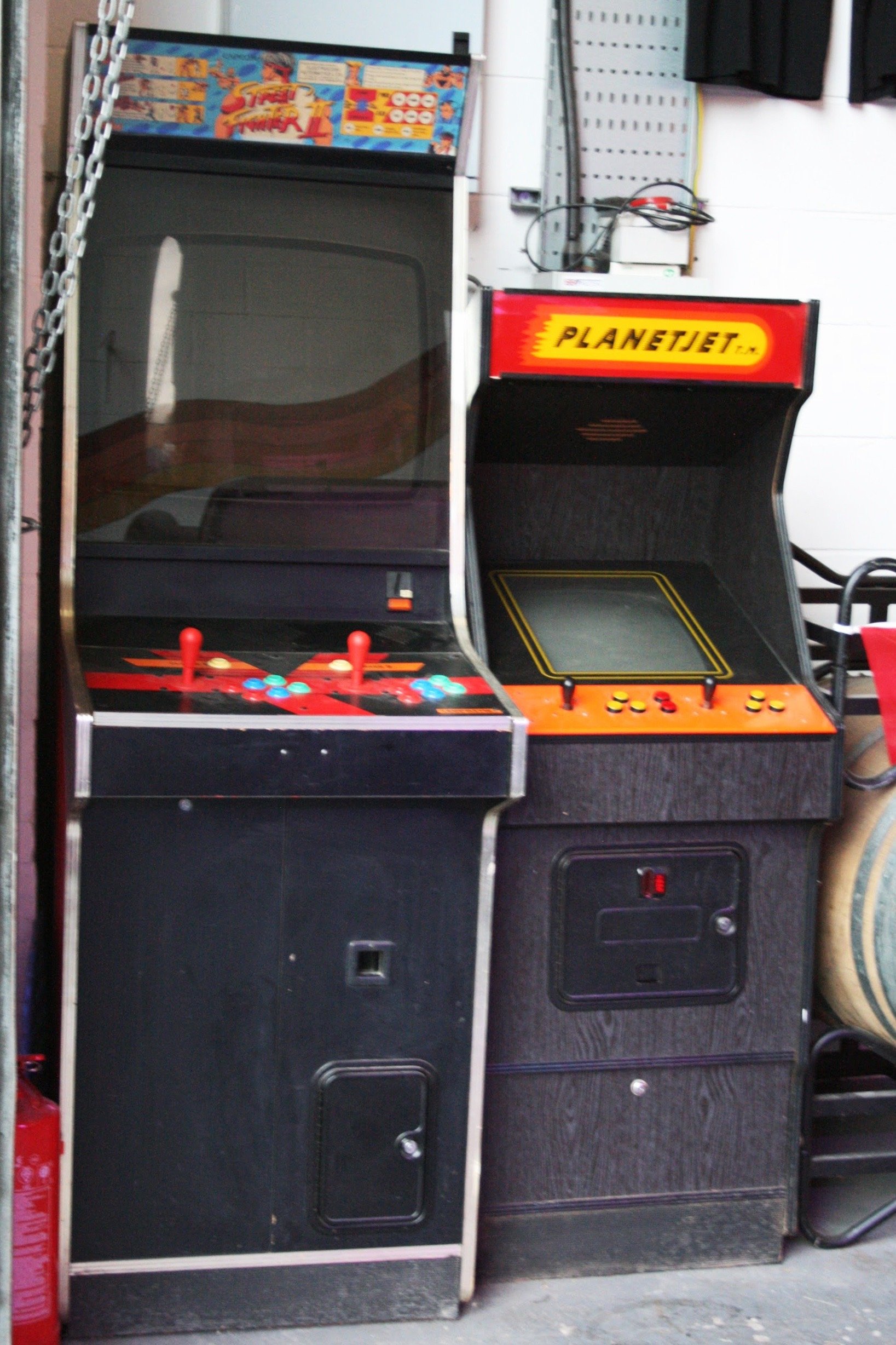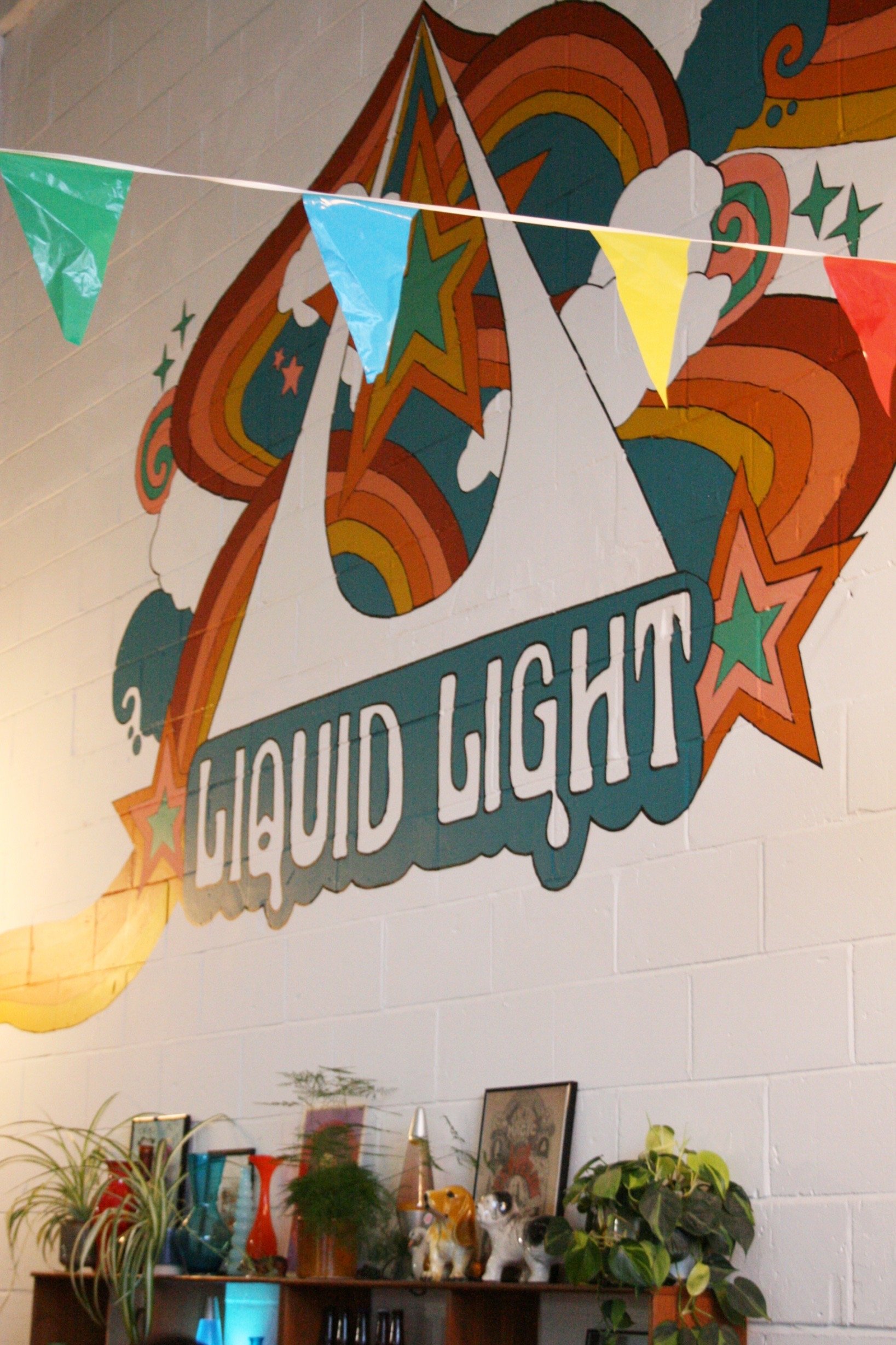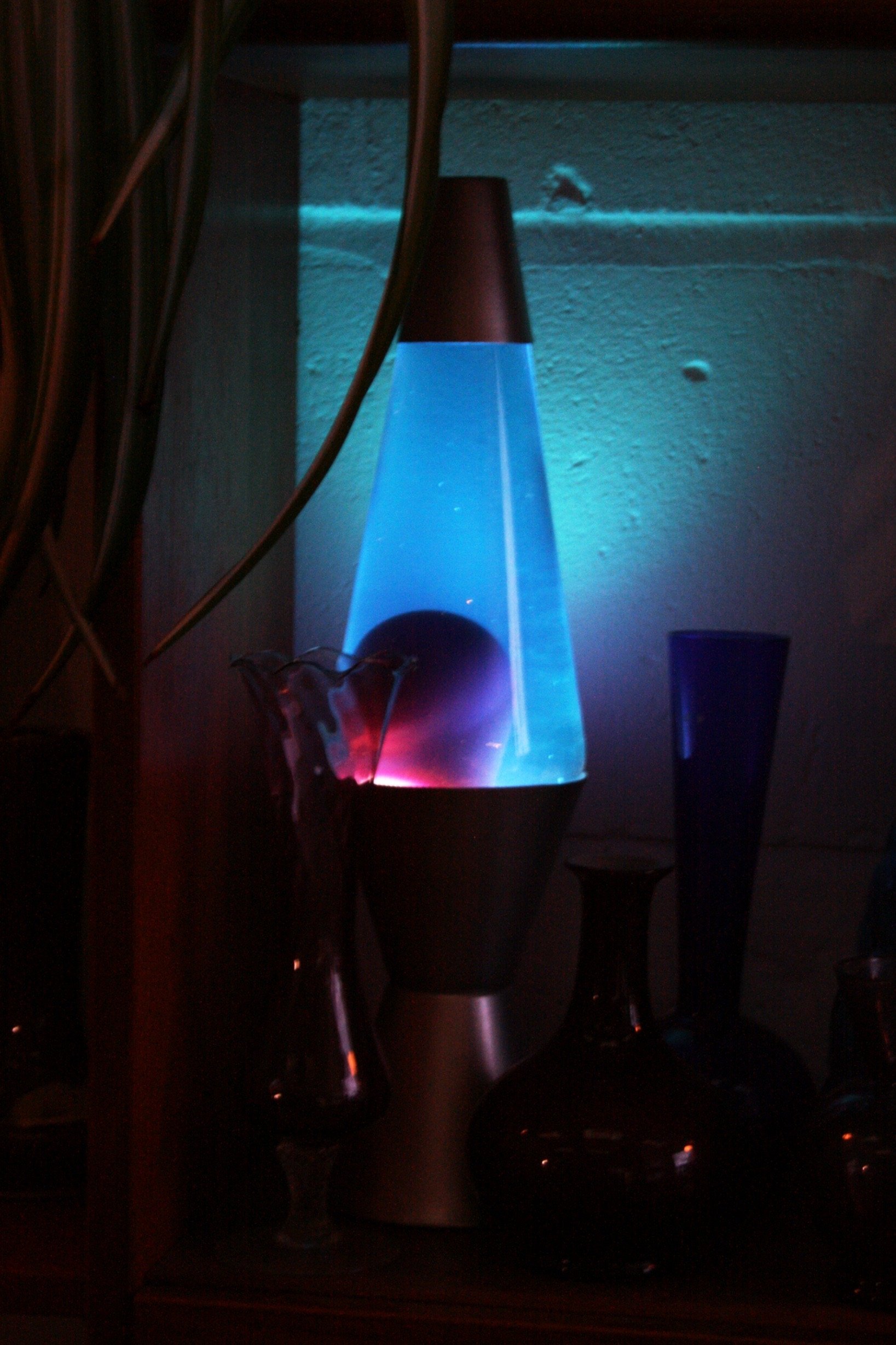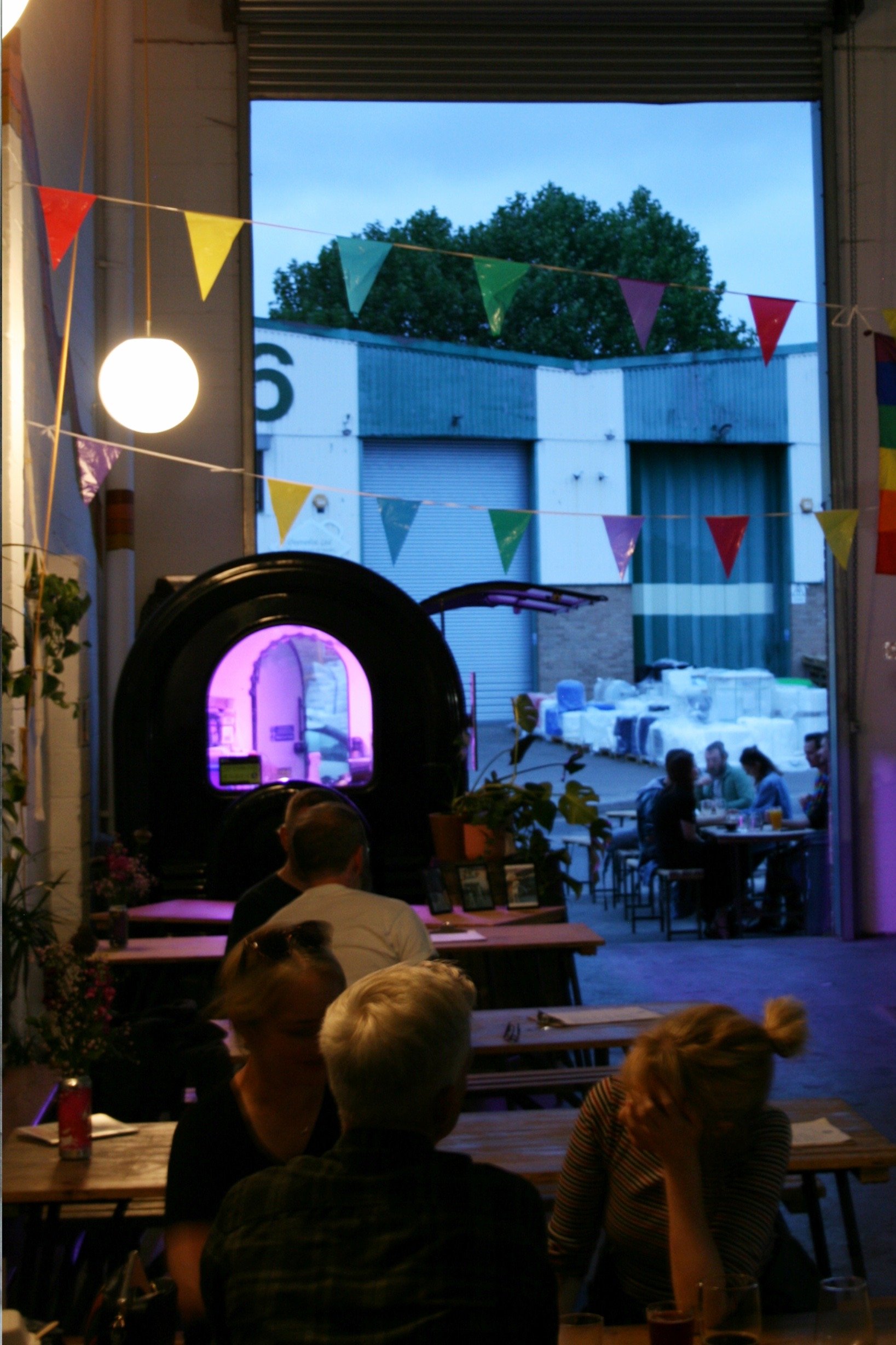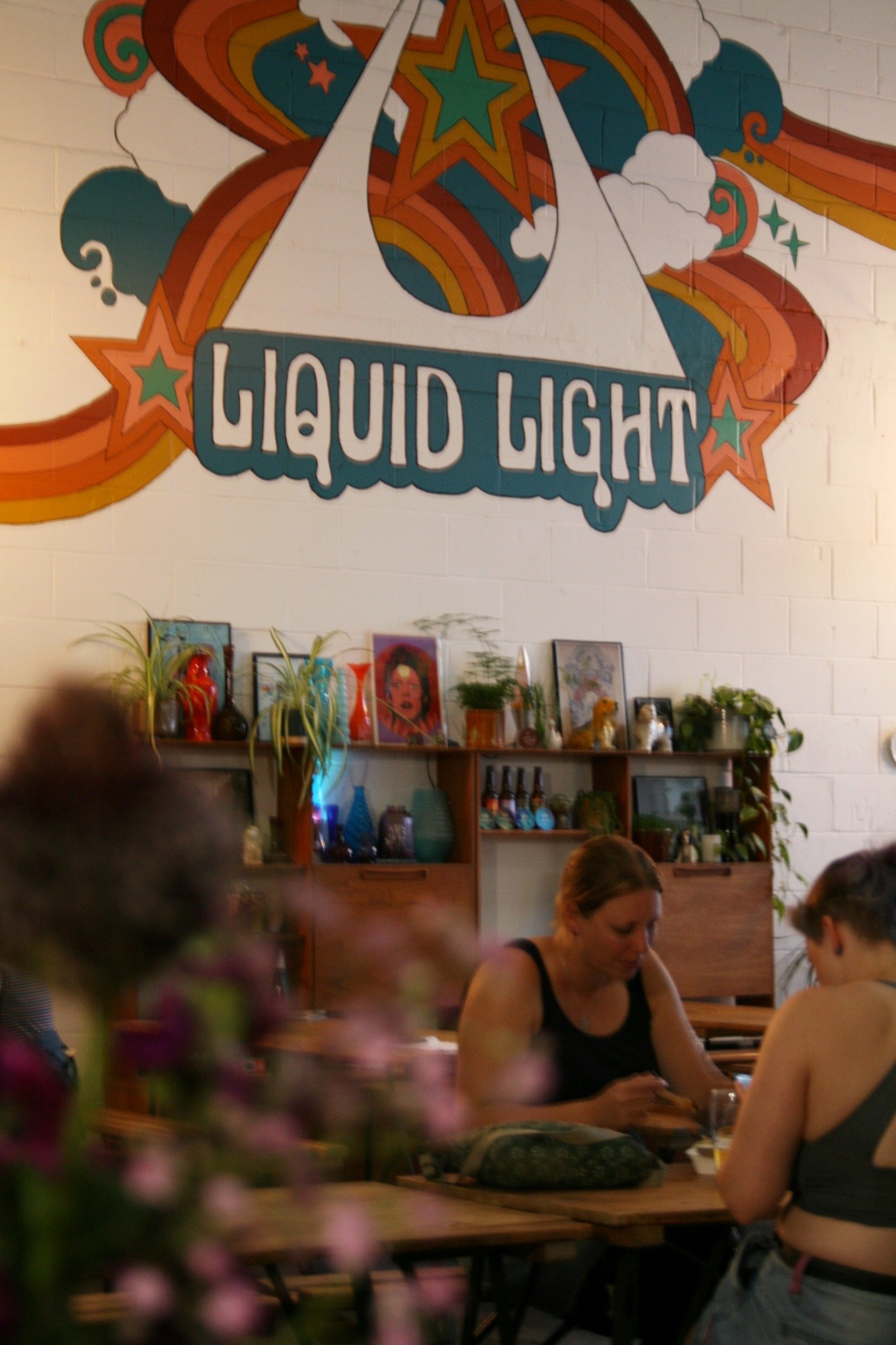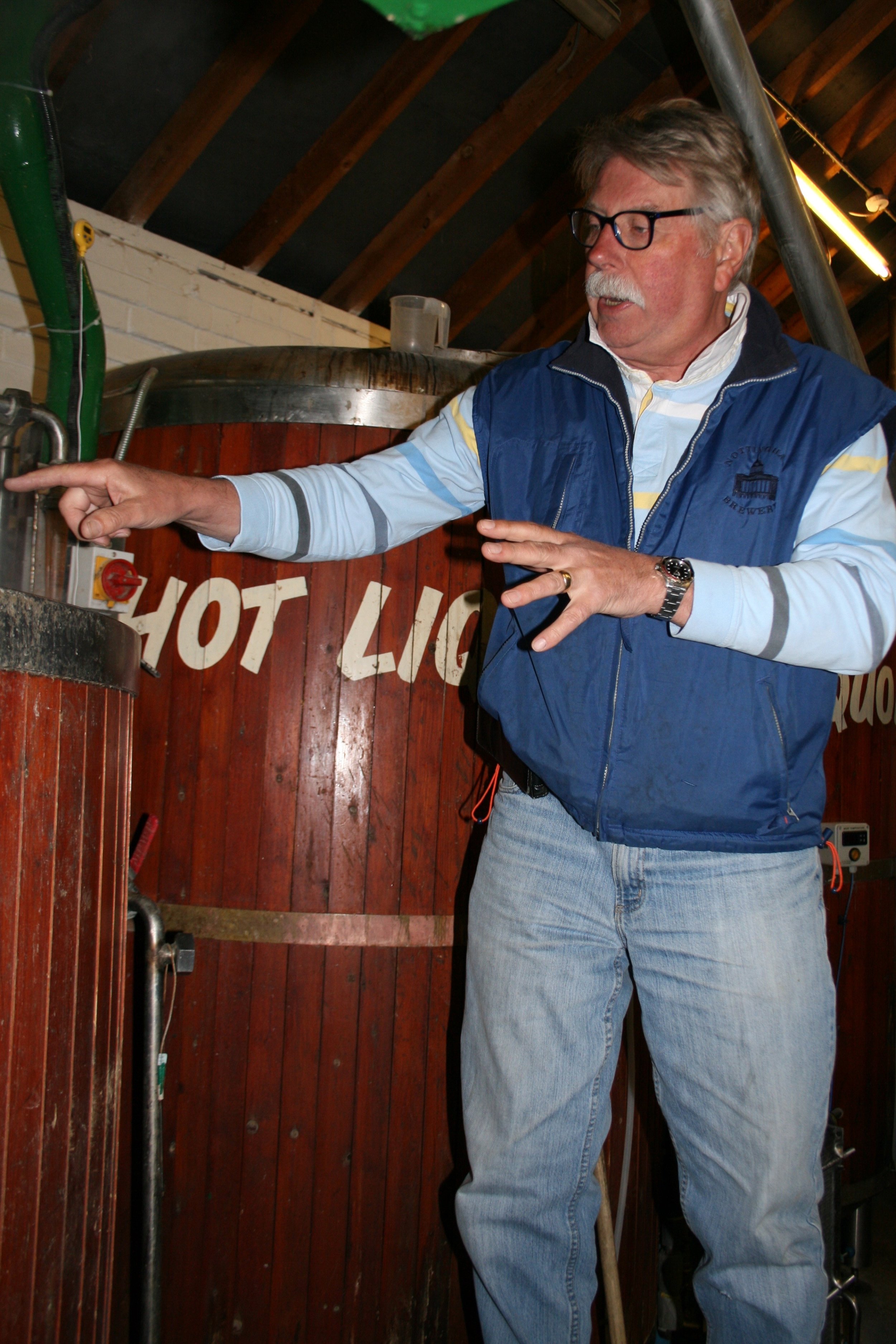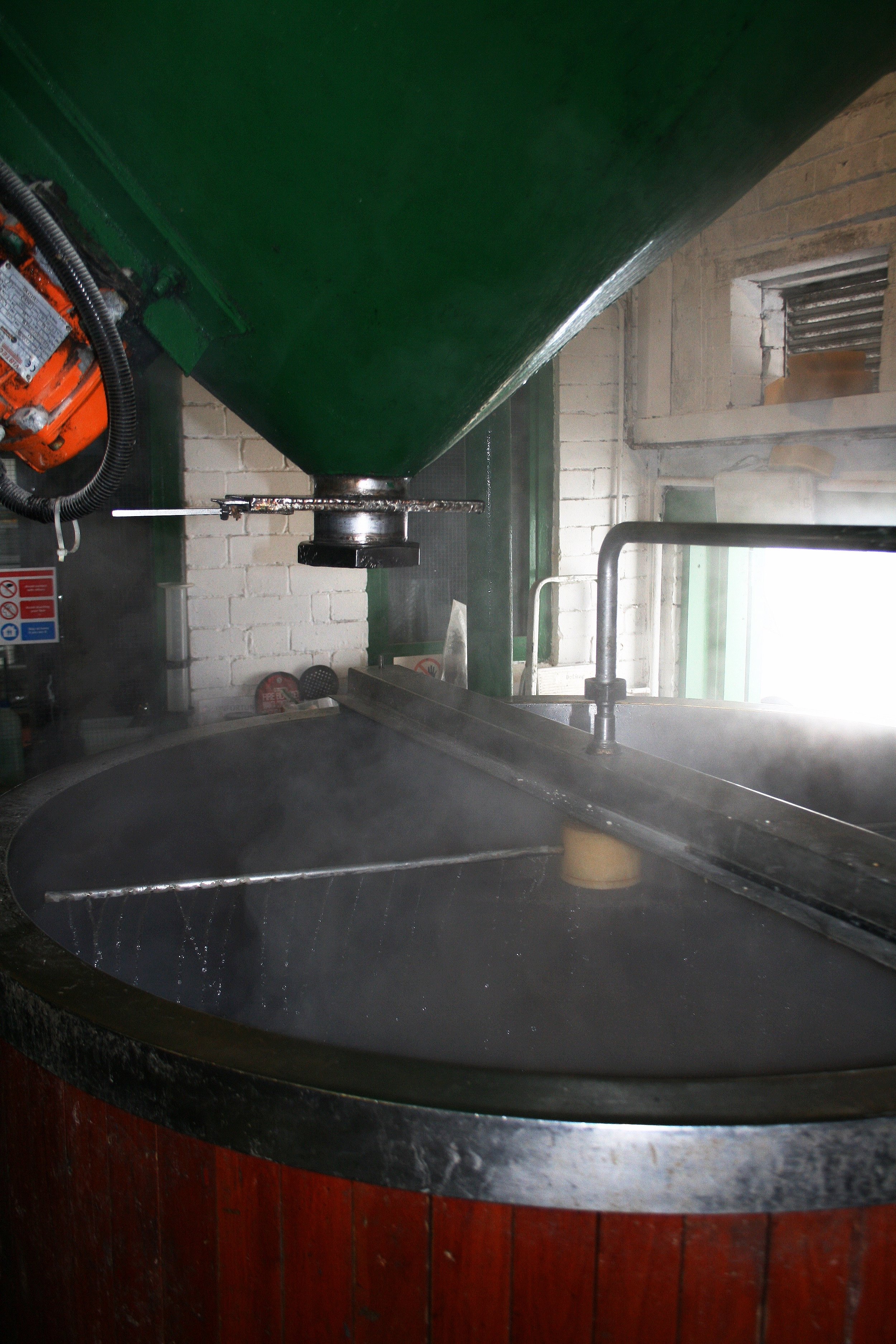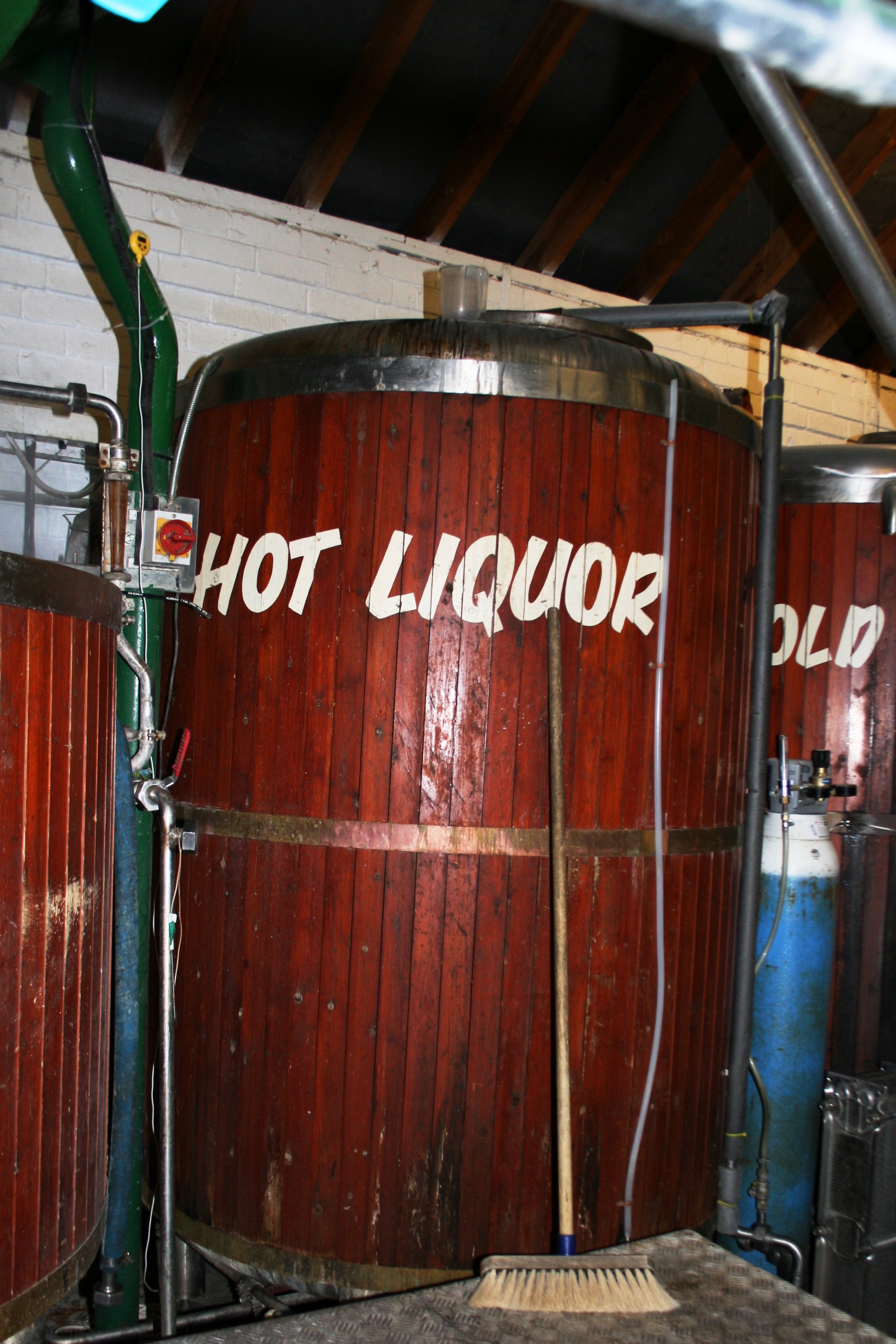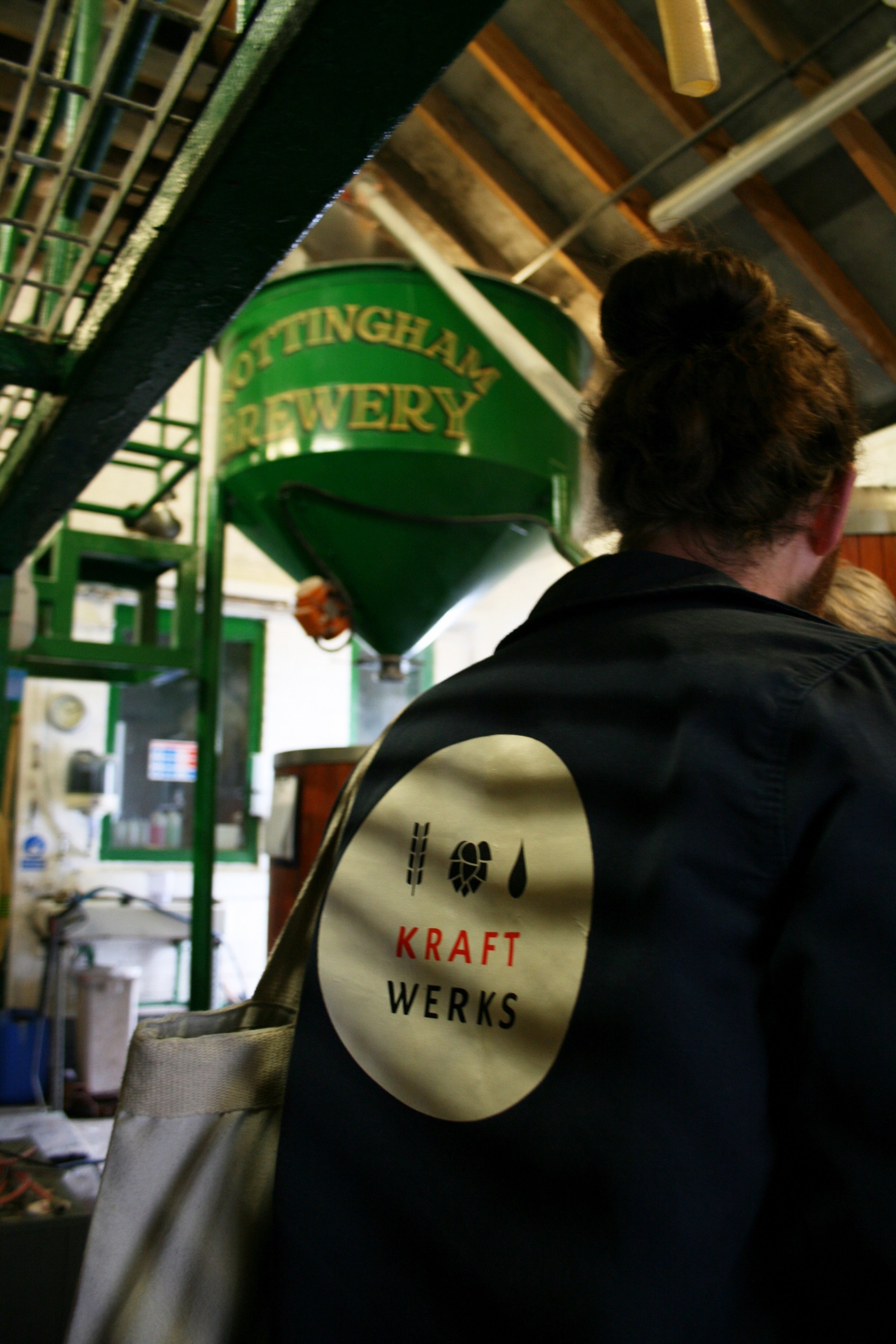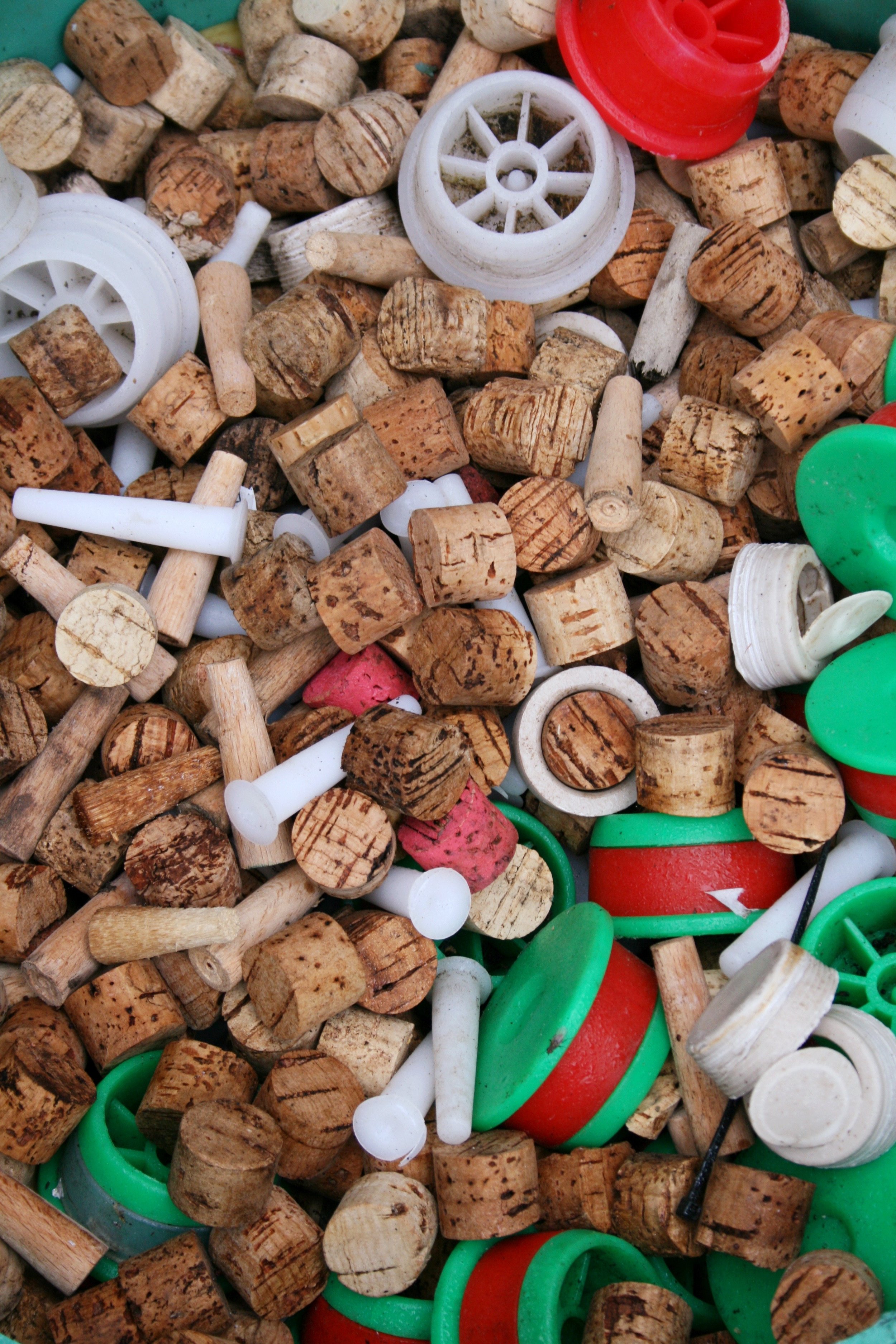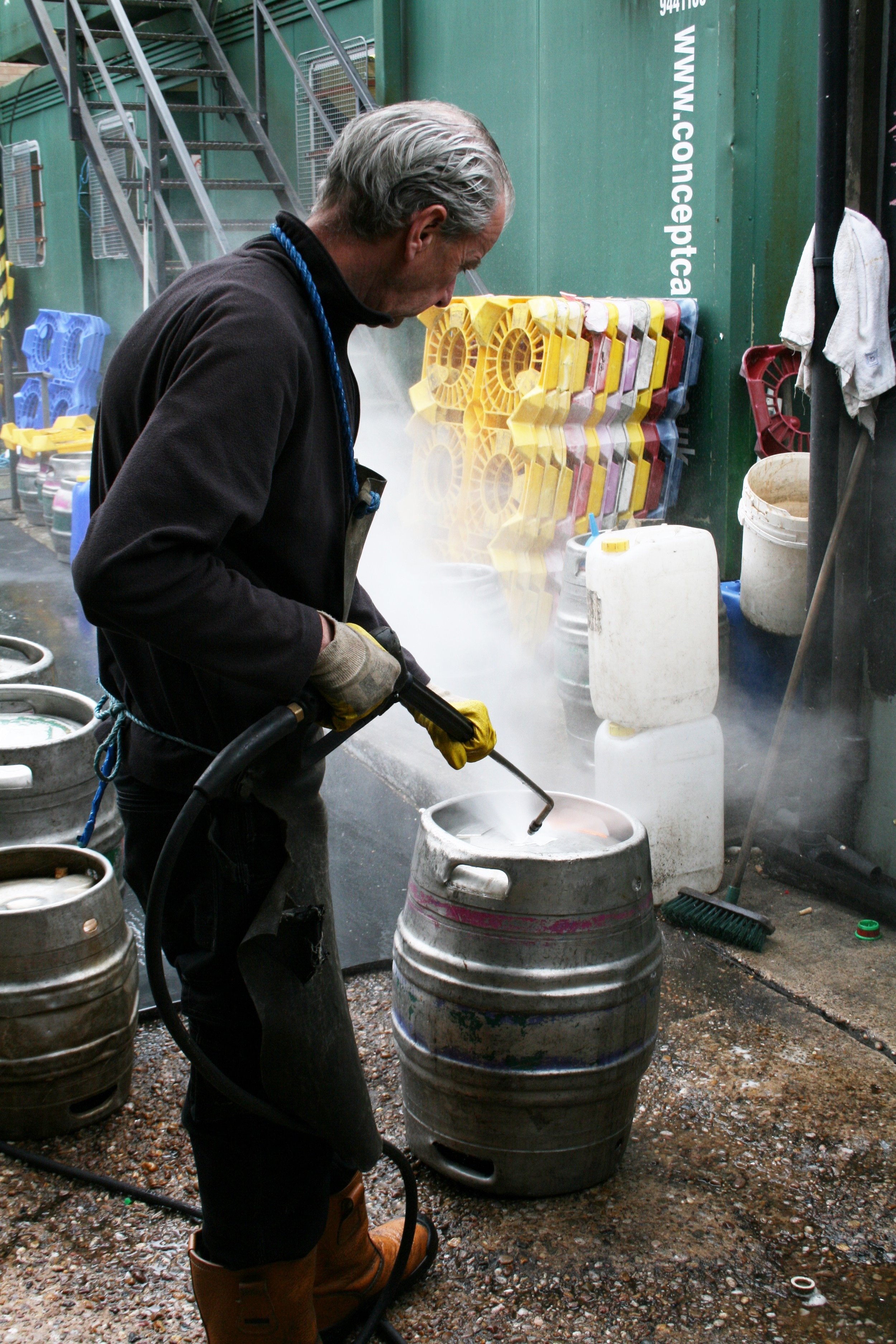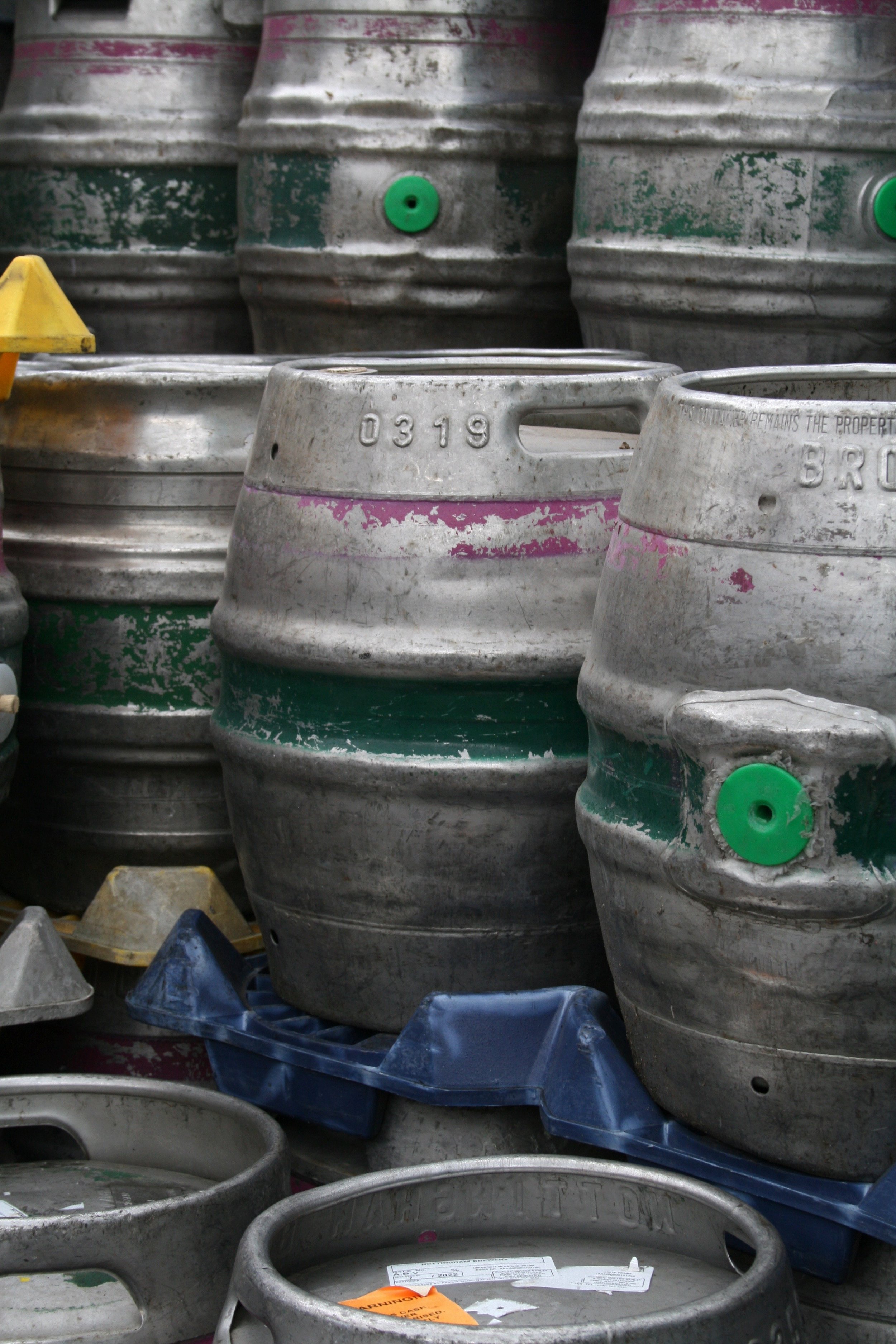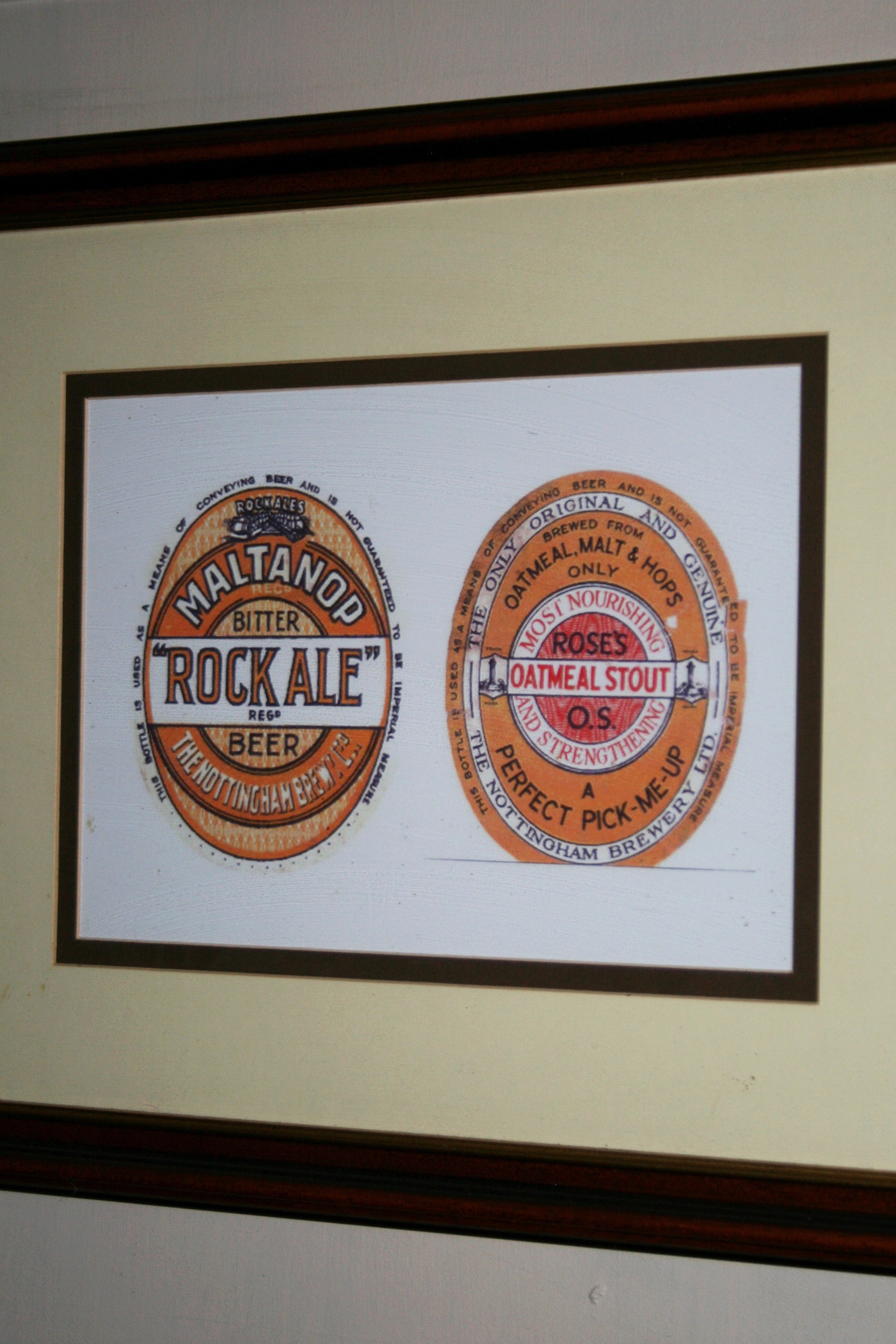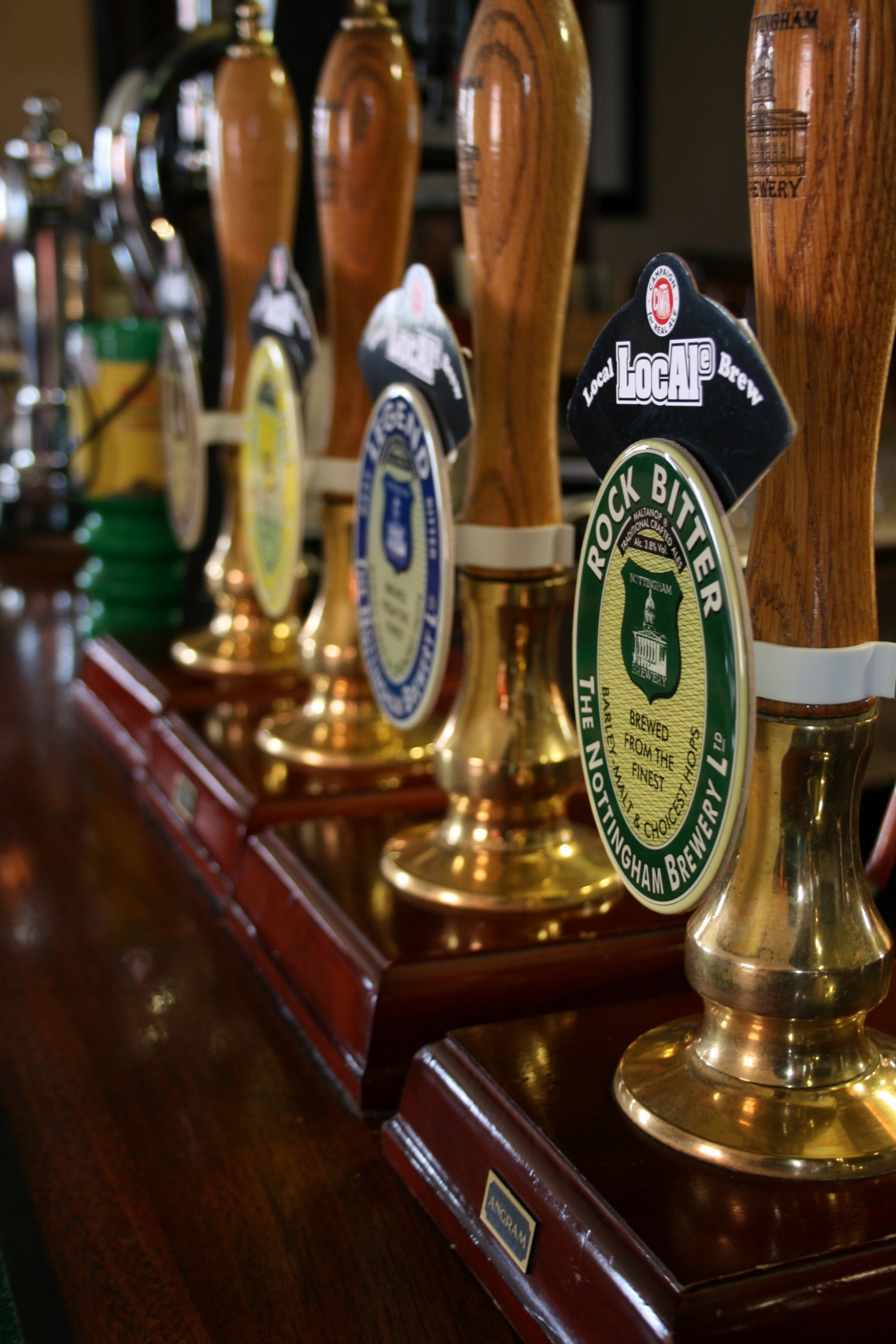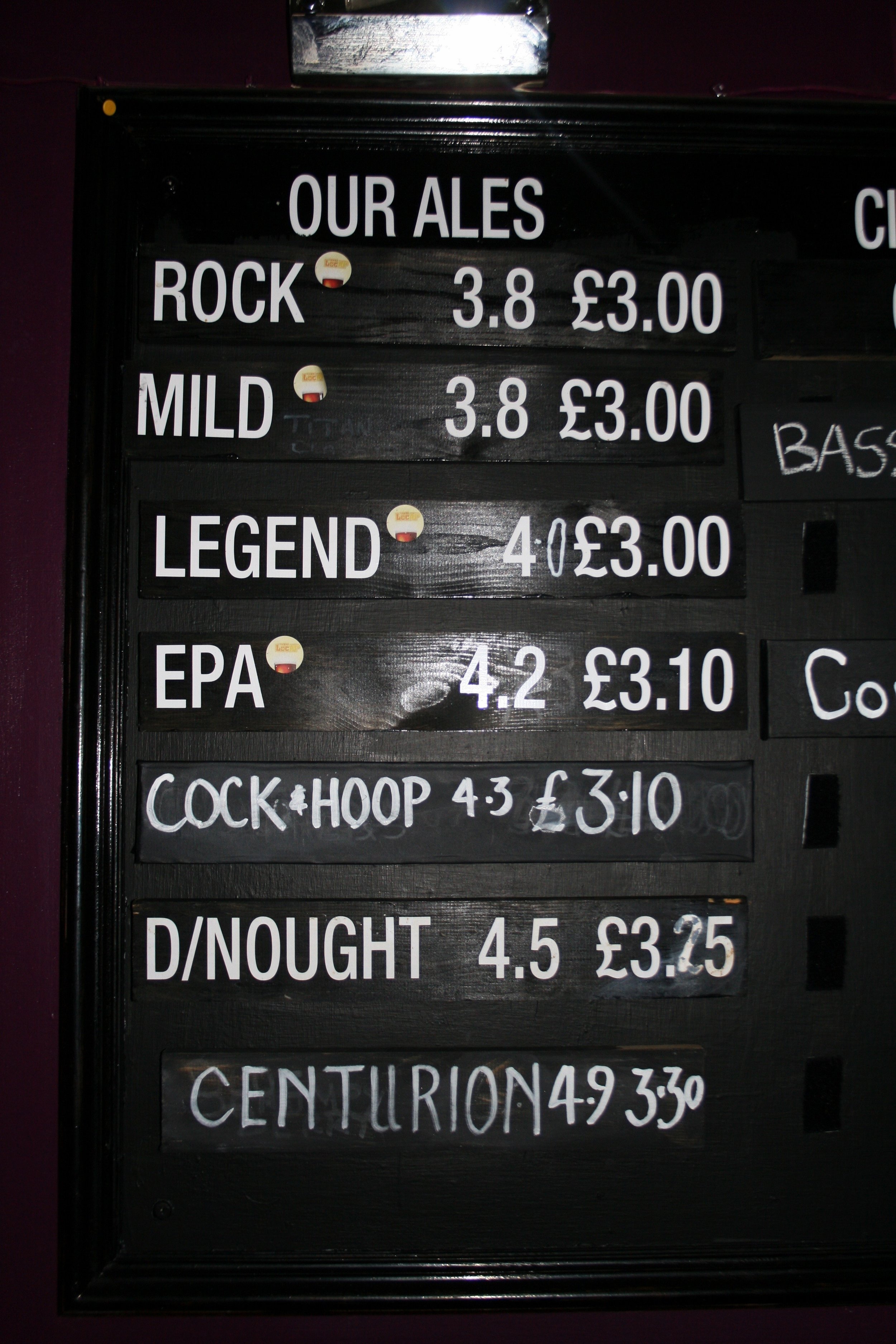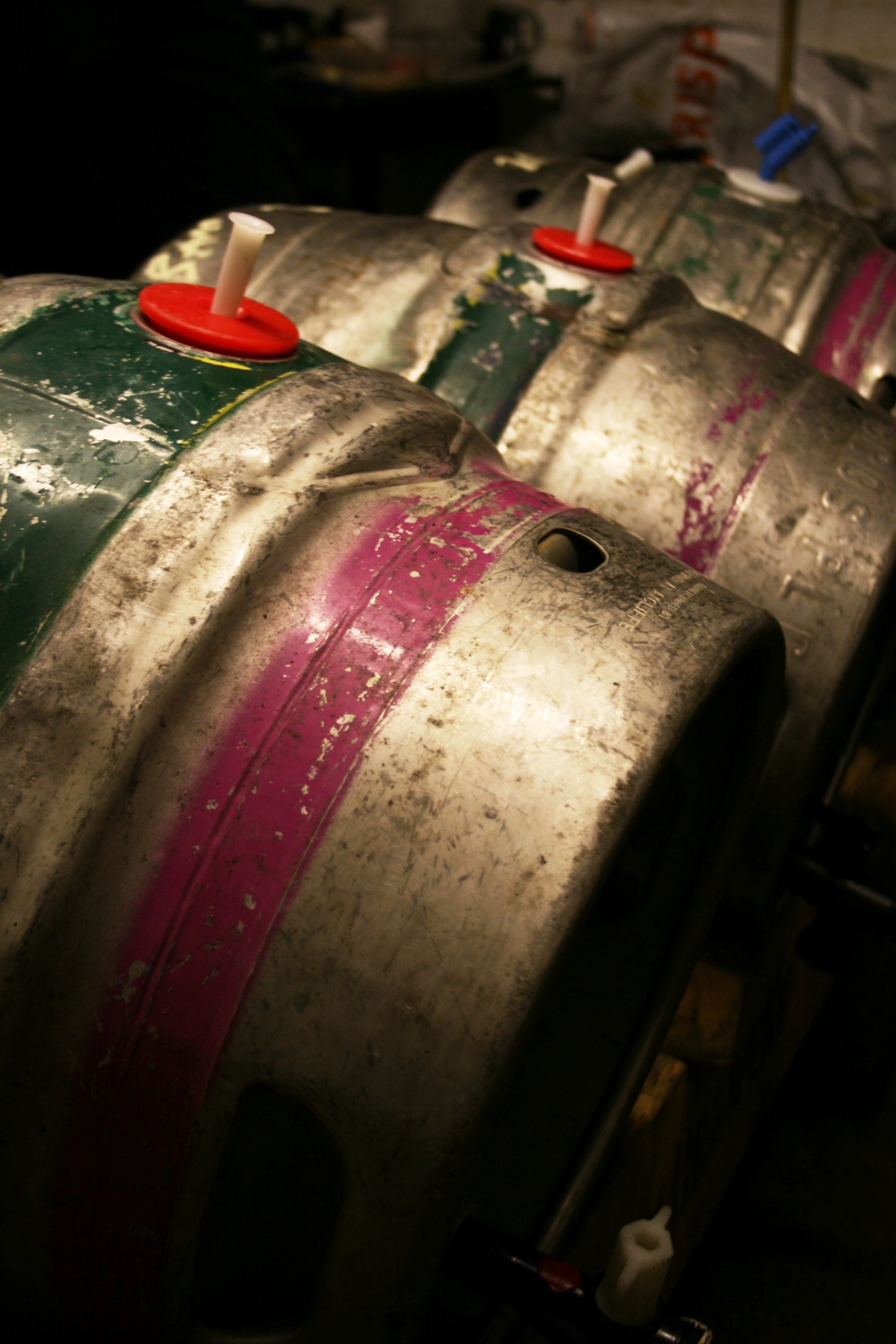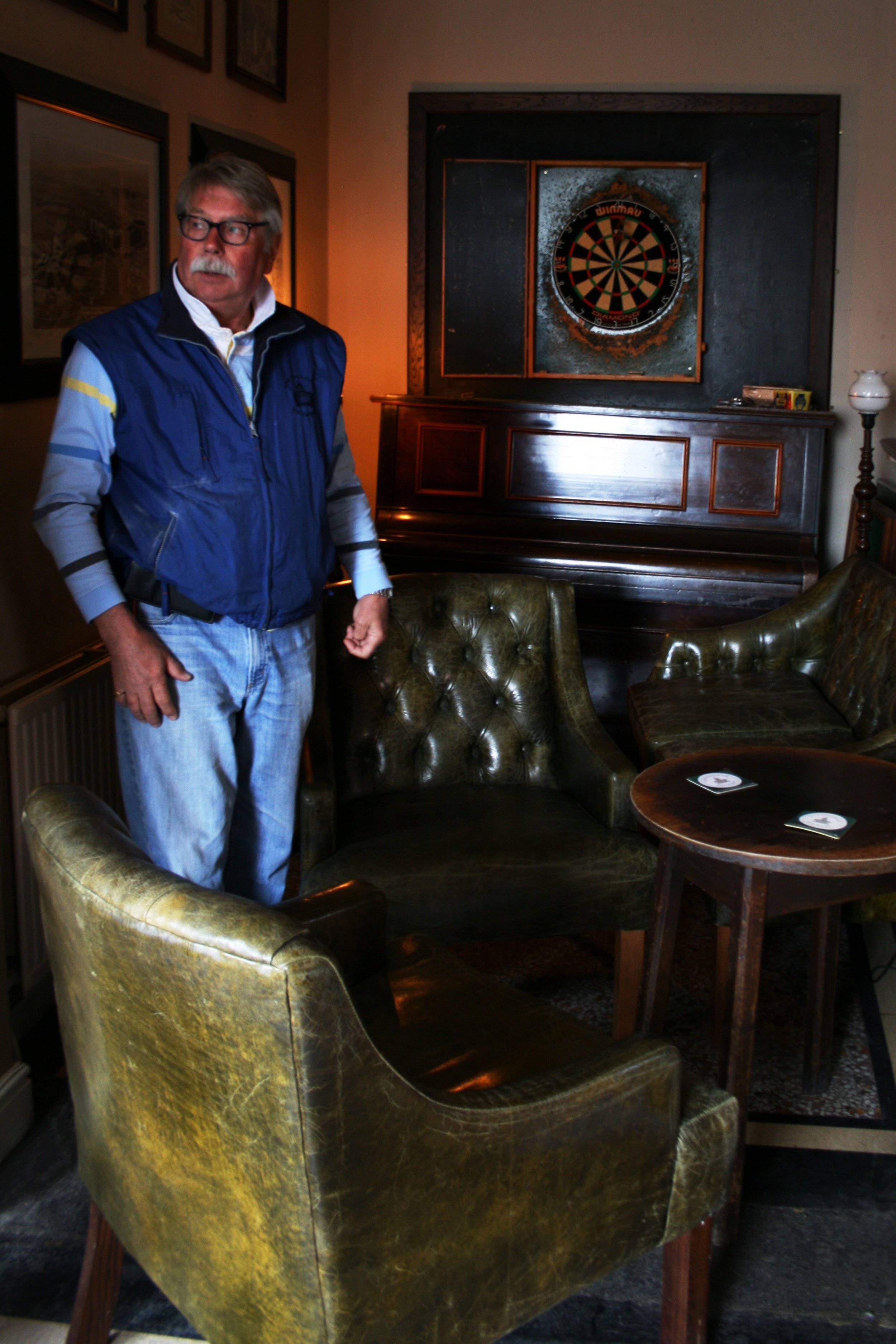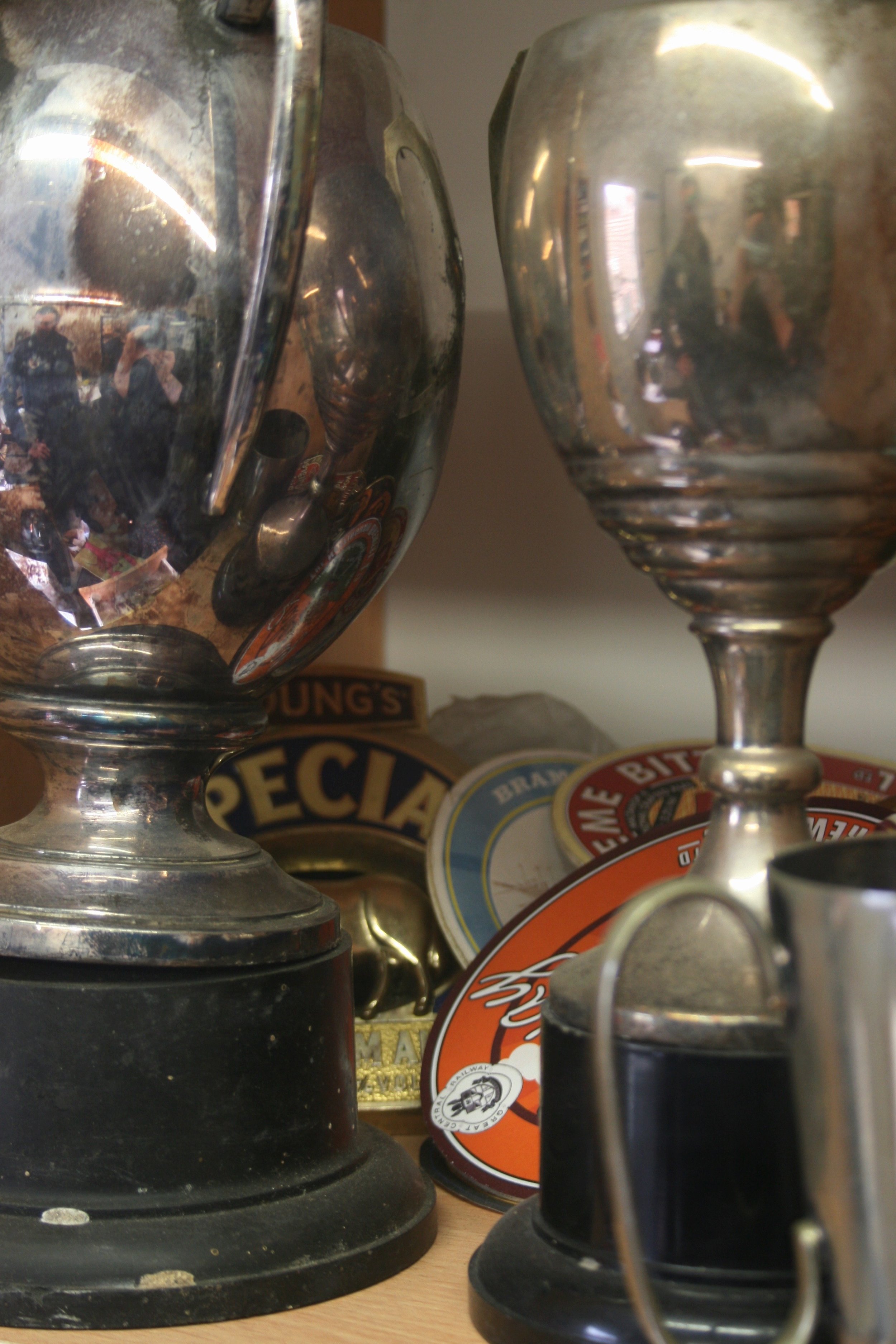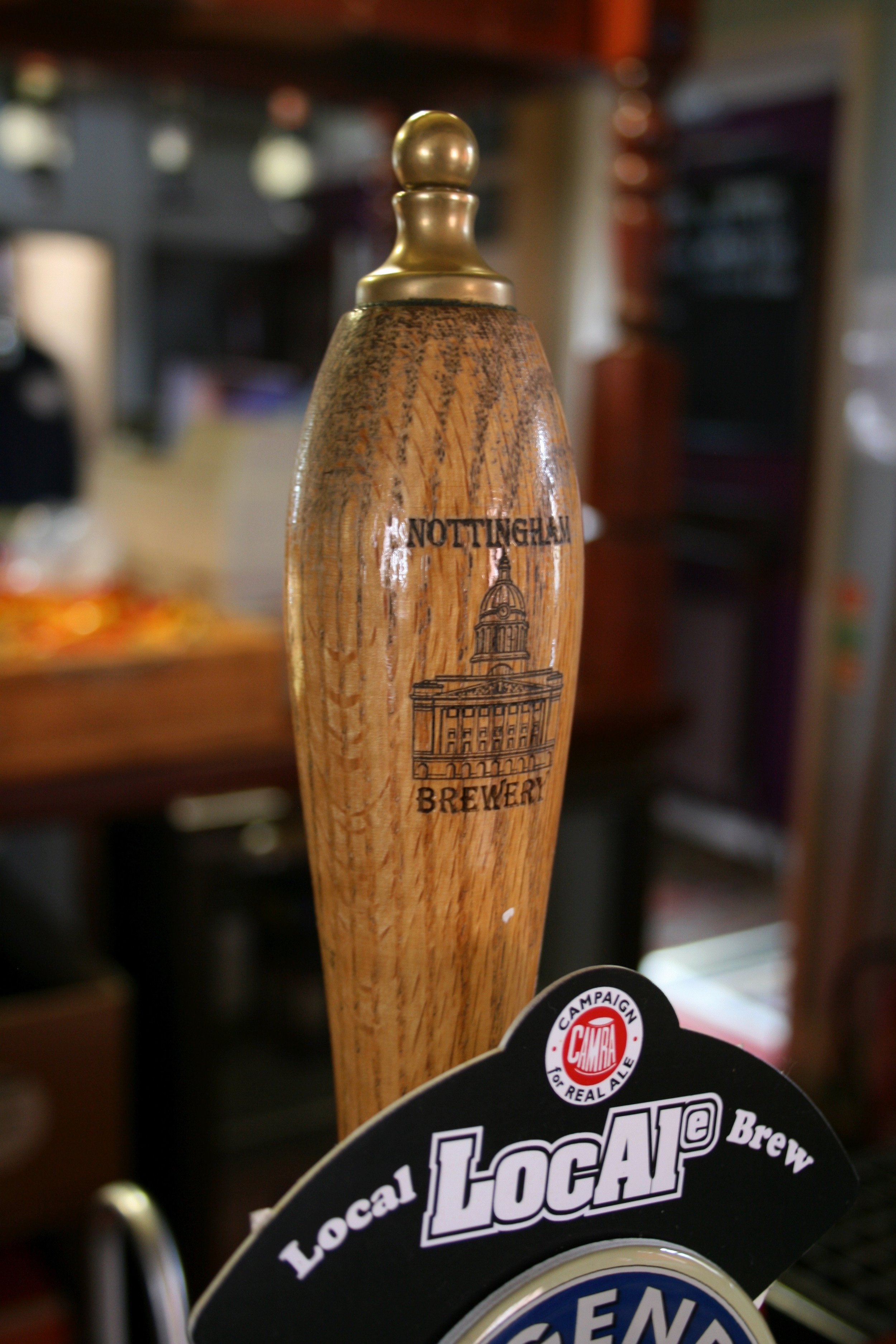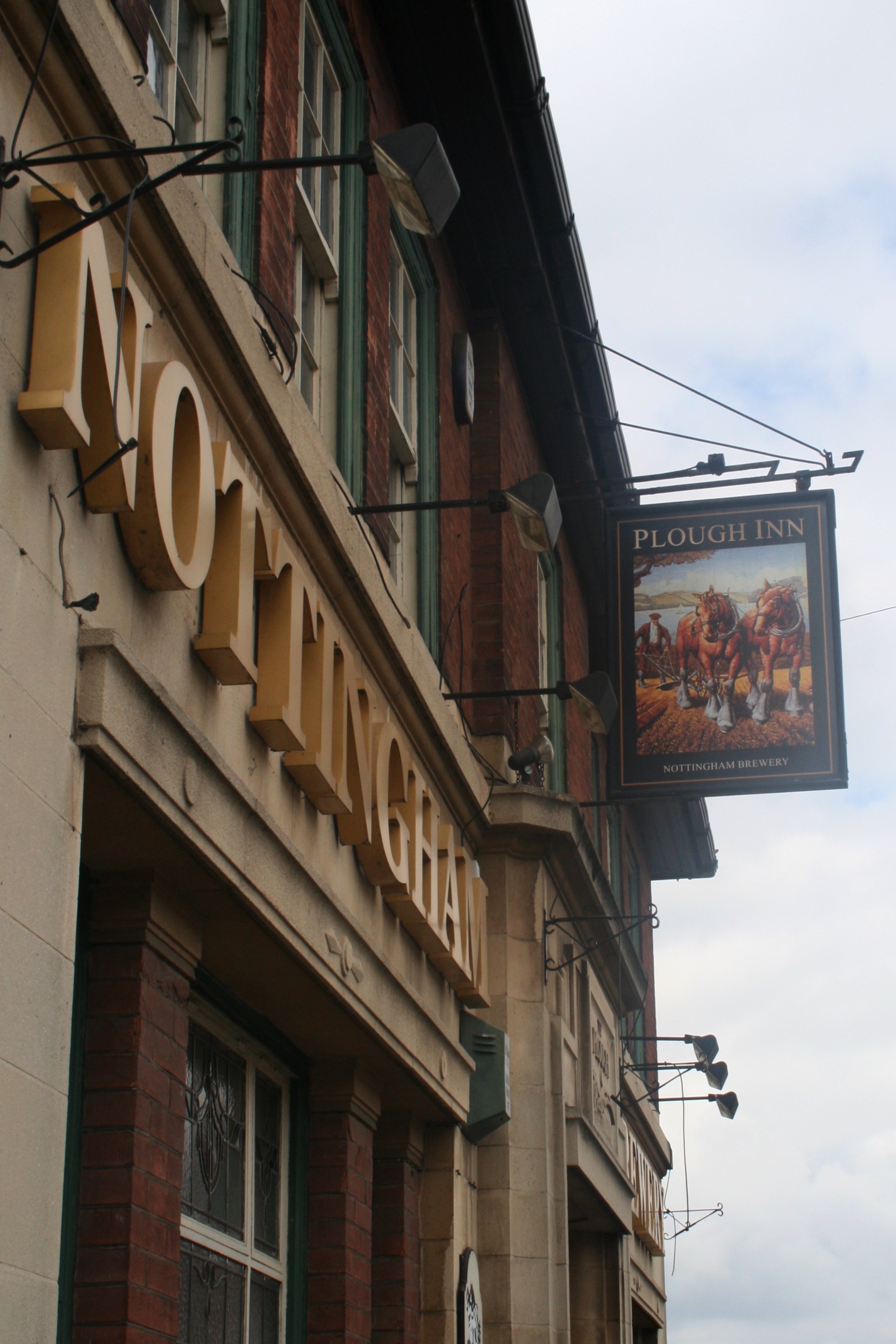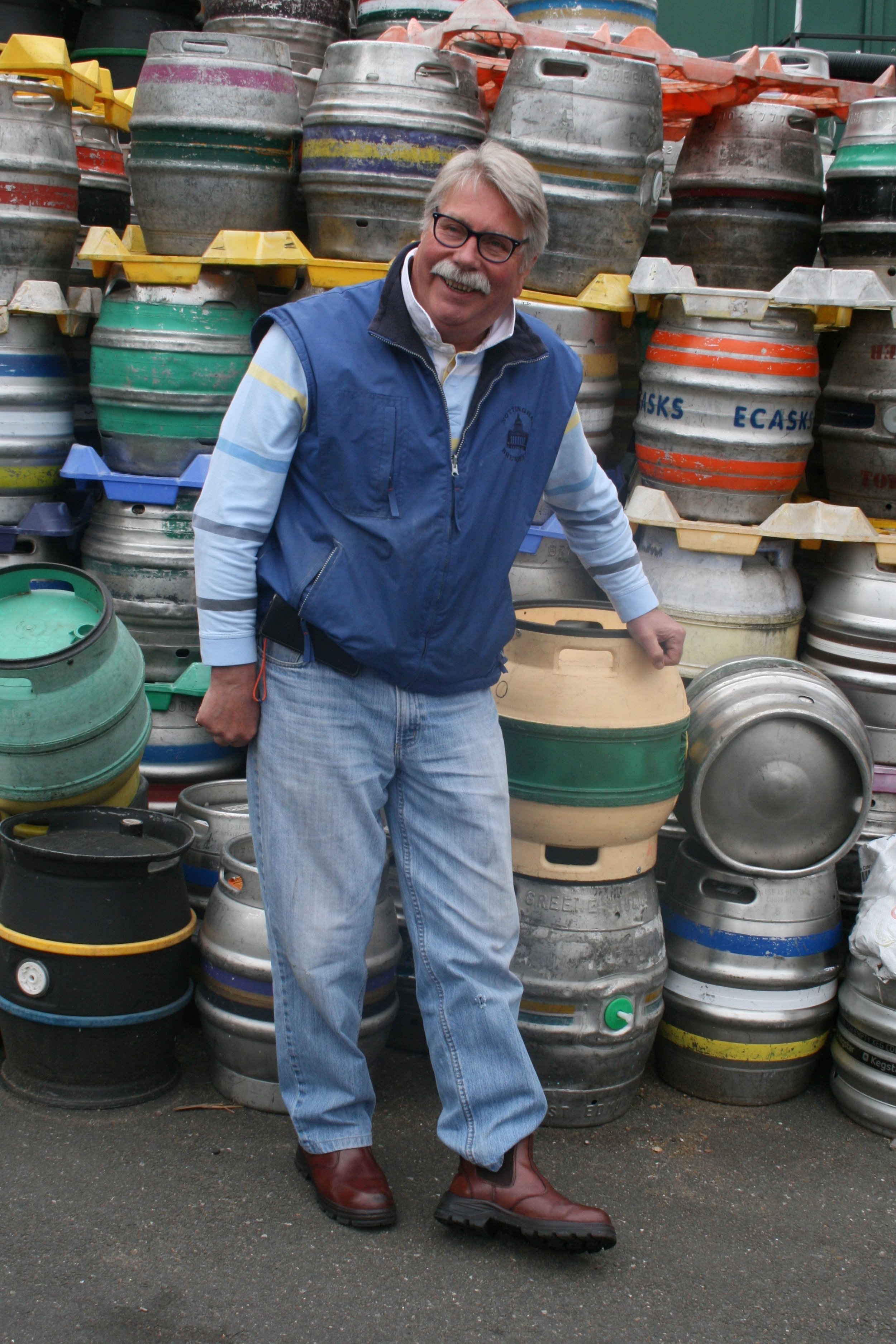Here at Kraft Werks we’ve discovered a new love for Natural Wine, but we’ve also found there’s a lot to learn so here we are going to give you an introduction into this fascinating world.
Natural Wine isn’t simply a beverage but a culture that is defined by the wine it produces and how it’s produced. This is because natural wine growing and winemaking are practices that require an intimate understanding of the sensitivity of local terrain and climate as well as local social and economic conditions. Most vignerons (those who produce wine from grapes they have grown themselves) tend to not adhere to a standard rulebook for natural winemaking but generally work on the principle of “I’ll know it when I see it”.
Natural wine has gained significant popularity in recent years, as people become more interested in sustainable agriculture and artisanal production methods. Unlike conventional wines, natural wines are made using minimal intervention and without the use of synthetic chemicals, additives, or artificial yeasts. The result is a wine that is as close to the natural product of fermentation as possible.
At its core, natural wine is all about the grapes. The grapes are grown using organic or biodynamic farming methods, which means that the vineyards are managed in a way that is sustainable and respectful of the natural environment. This includes avoiding the use of synthetic fertilisers and pesticides and using natural treatments such as compost and cover crops to nourish the soil. This varies vastly to commercial vineyards where wine production has become dominated by synthetic chemical treatments and fertilizers used to boost grape yields but these also destabilise a vineyard's biodynamics. Pesticides and herbicides used on grapes devastate surrounding wildlife and also find their way into wines and in turn our bodies. In time these treatments impoverish soils which leads to farmers using even more synthetic chemical treatments to maintain yields. This is a vicious cycle that natural wine vignerons are aiming to break.
Once the grapes are harvested, which is nearly always done by hand, they are allowed to ferment using only the natural yeasts that are present on the grape skins and in the winery. This is a crucial step, as the natural yeasts give the wine its unique flavour and aroma profile. Unlike conventional winemaking, where commercial yeasts are added to the wine, natural winemakers allow the fermentation to occur spontaneously, which can take longer but results in a more complex and nuanced wine.
Natural winemakers also avoid the use of additives such as sulphur dioxide, which is commonly used as a preservative in conventional winemaking. Instead, they rely on careful handling and bottling techniques to ensure that the wine is stable and free from spoilage.
Natural wine allows you to taste the unique terroir of the vineyard, including the environmental factors, such as soil, climate, and topography that influence the flavour and character of the wine. By using minimal intervention, natural winemakers allow the terroir to shine through, resulting in a wine that is expressive and reflective of its place of origin.
Natural wine can be challenging to define, as there are no strict regulations governing its production. However, it is generally accepted that natural wine should be made using organic or biodynamic grapes, with minimal intervention during the winemaking process. The result is a wine that is vibrant, alive, and full of character.
We’ve quickly become fascinated by the world of Natural Wine as we’ve delved into it. The sheer diversity of every wine we’ve tried so far, from single grape Whites all the way up to Pét Nat Reds and earthy, skin-contact Oranges has kept us unable to wait to try the next.
We’re excited to continue our journey into this world and we urge you to give it a go too, there’s a plethora of fascinating and fantastic wines out there to try and once you start we’re sure you’ll be just as enamoured as us.



